
- Endurance
14 07 2024
04 12 2023
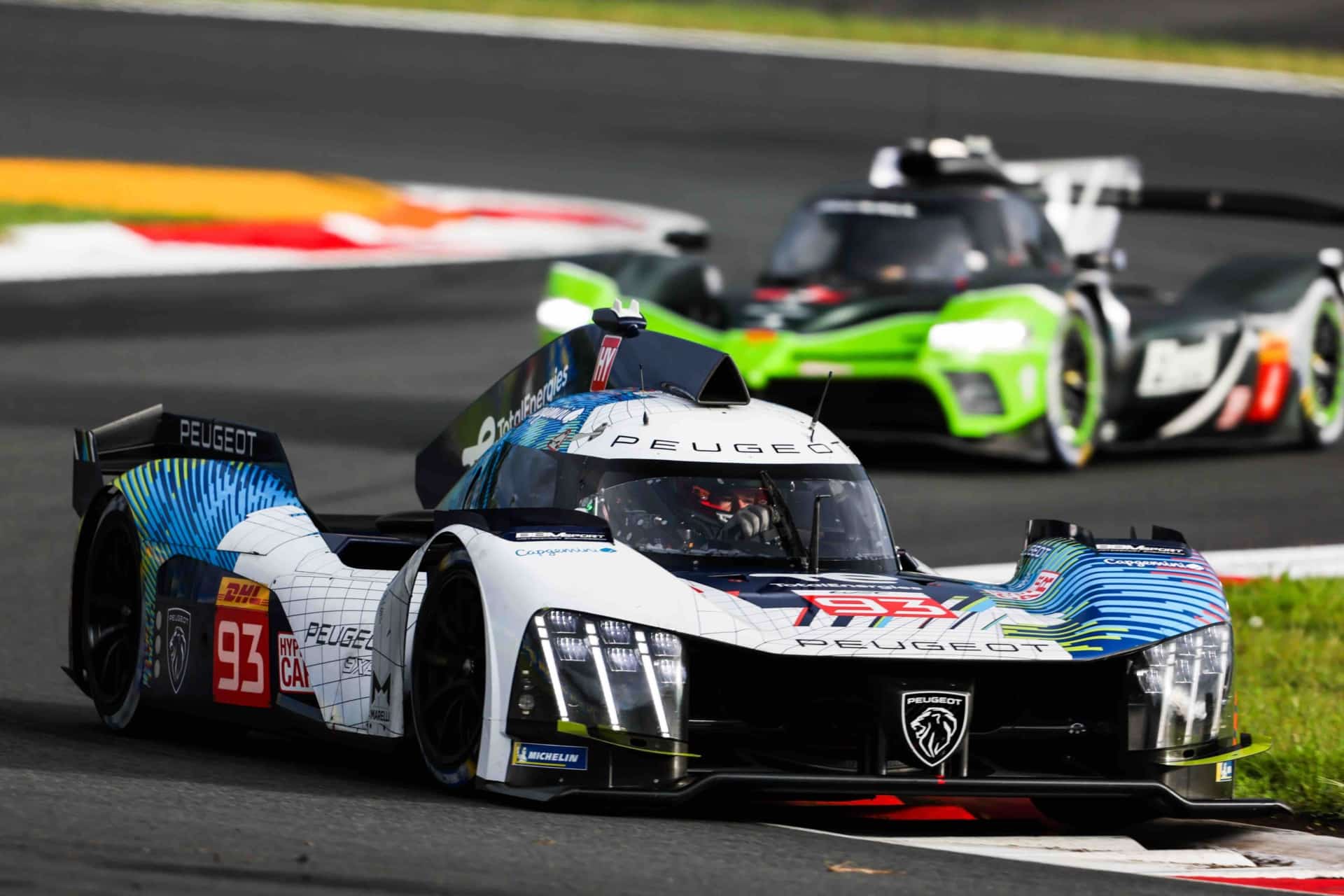
A l’issue de la saison du Championnat du Monde d’Endurance de la FIA (FIA WEC), le Team Peugeot TotalEnergies a remporté le « low-carbon impact award ». Ce prix permet de mettre en avant les initiatives des équipes dans un objectif de réduction des émissions de gaz à effet de serre, pour un sport plus durable.
Claire Magnant, Stellantis Motorsport Program Manager, qui est en charge notamment de la politique environnementale de Stellantis Motorsport, revient pour nous sur ce prix, ainsi que sur les ambitions de réduction des émissions de gaz à effet de serre du Team Peugeot TotalEnergies et de Stellantis Motorsport.

Can you tell us more about this Low-Carbon Impact Award, and why it is important in the WEC paddock?
“It’s an initiative launched by the ACO and the FIA WEC in 2021 to point out the innovative side of motorsport. Several actions were put in place by the ACO and the FIA WEC, including the use of a 100% renewable fuel, in partnership with TotalEnergies, that allowed the competitors and the championship to reduce their emissions by 65%. The championship is also promoting new technologies for tomorrow’s mobility, with for example the hybrid technology used in the Hypercar class, the main class of the FIA WEC and at the 24 Hours of Le Mans.
This shows that we are not only doing this sport to race cars but also to promote new and more sustainable technologies; we are working to develop innovations that can help limit our impact on the environment.”
Why this award is so important for Team Peugeot TotalEnergies?
“Since last year, with Capgemini, our partner, we have launched the project to measure, reduce and optimise our greenhouse gas emissions. This is also one of the main challenges of the Stellantis Group, with its “Dare forward” plan, that has clear ambitions to reduce its greenhouse gas emissions with a goal of carbon neutrality by 2038. Motorsport is used to showcase the Group so we, within Stellantis Motorsport and Team Peugeot TotalEnergies, have to be innovative and a leader in this field. This is why, with Capgemini, we have launched an important project to analyse our greenhouse gas emissions, then study and point out pillars of actions for a significant reduction. In our method of calculation, we decided purposely to have a wide scope of all our emissions including the impact of the fans going to the races, to be as accurate as possible. Then we have identified more than thirty pillars of actions in four areas: cars and part production, logistics, drivers and team and employee engagement.”
What actions did you implement within Team Peugeot TotalEnergies or at the factory in Satory, to start lowering your greenhouse gas emissions?
“First of all, we are not alone in this project. We are working closely with experts and partners, TotalEnergies and Capgemini.
Concerning some actions within the team, for example, the engineers are now trained to integrate eco-design principles in their domain of expertise, by optimising the use of environmentally friendly materials and the buyers include environmental criteria in all the tenders. In terms of logistics, the team is working in partnership with the championship promotors to have a greener approach. Encouraging the use of maritime transport, reduce the weight of parts and cars transported and optimize and reduce the team logistics for test or race weekends are part of the actions that are implemented since 2022. To have all the employees committed to this important project, workshops were organised at the Satory factory to discuss the causes and consequences of climate change thanks to the Climate Fresk.
We are also working to have the FIA Three-Start Accreditation by the end of the year.
It’s a long term project and in order to achieve our goal of a more sustainable sport, we have to work in collaboration with the championships’ promotors in order to encourage them to put environmental articles in the sporting regulations thanks to real actions such as: narrow down the number of operational staff onsite in one team, put in place some remote support for the engineers…a lot of actions that are already done in Formula E for example.”

What goals and actions will be implemented in 2024 to go even further for a more sustainable sport?
“The pillars that we have identified to lower our greenhouse gas emissions are on a mid- to long-term basis. We are building a strong base for our project to climb to the top of the pyramid to reach our goals, making sure that our sport becomes more sustainable. We have identified axes and implemented a plan that we now have to carry out. It’s a long-term project, something that we are not really used to in motorsport.
“Thanks to the renewable fuel, we already reduced our emissions, which was a project with a significant impact. We are also working with DHL on the logistics, for example a part of the maritime freight is already using a Sustainable Marine Fuel (SMF). We are working with partners that are committed to the same sustainable goal as us.
“All human actions lead to greenhouse gas emissions. This is the case with sporting events and their logistics and the fans that come to enjoy them. Considering the strong awareness about sustainability in the transport sector, Motorsport must be innovative. The emissions generated by race cars are only a small part of the emissions of the whole event and on the other hand they are important to develop the technology for a carbon-free mobility.
“On our side, we will keep working to develop action plan to reduce our emissions and we will keep looking for new opportunities. For example, we are studying with TotalEnergies a solution to use trucks that can run on HVO ((Hydrotreated Vegetable Oil), a 100% renewable fuel made of food waste. At the factory in Satory, we are implementing real actions such as improving our recycling system and the reduction of our waste. We are also working closely with our suppliers to be sure that they are as committed as possible to our approach.
“Finally, we also wish the championship sporting regulations to include more articles with a clear sustainable approach to reduce the greenhouse gas emissions. Of course, it will generate substantial costs but if it’s in the regulation for everyone, it’s a small step to make our sport more sustainable.
“All the Stellantis Motorsport and Team Peugeot TotalEnergies teams are involved in this project, from R&D, purchase department, HR to logistics and of course all our racing teams. This is a major issue, and we are all committed to it.”
Other news
See all
14 07 2024

16 06 2024

12 06 2024

09 06 2024

07 06 2024

16 05 2024

11 05 2024
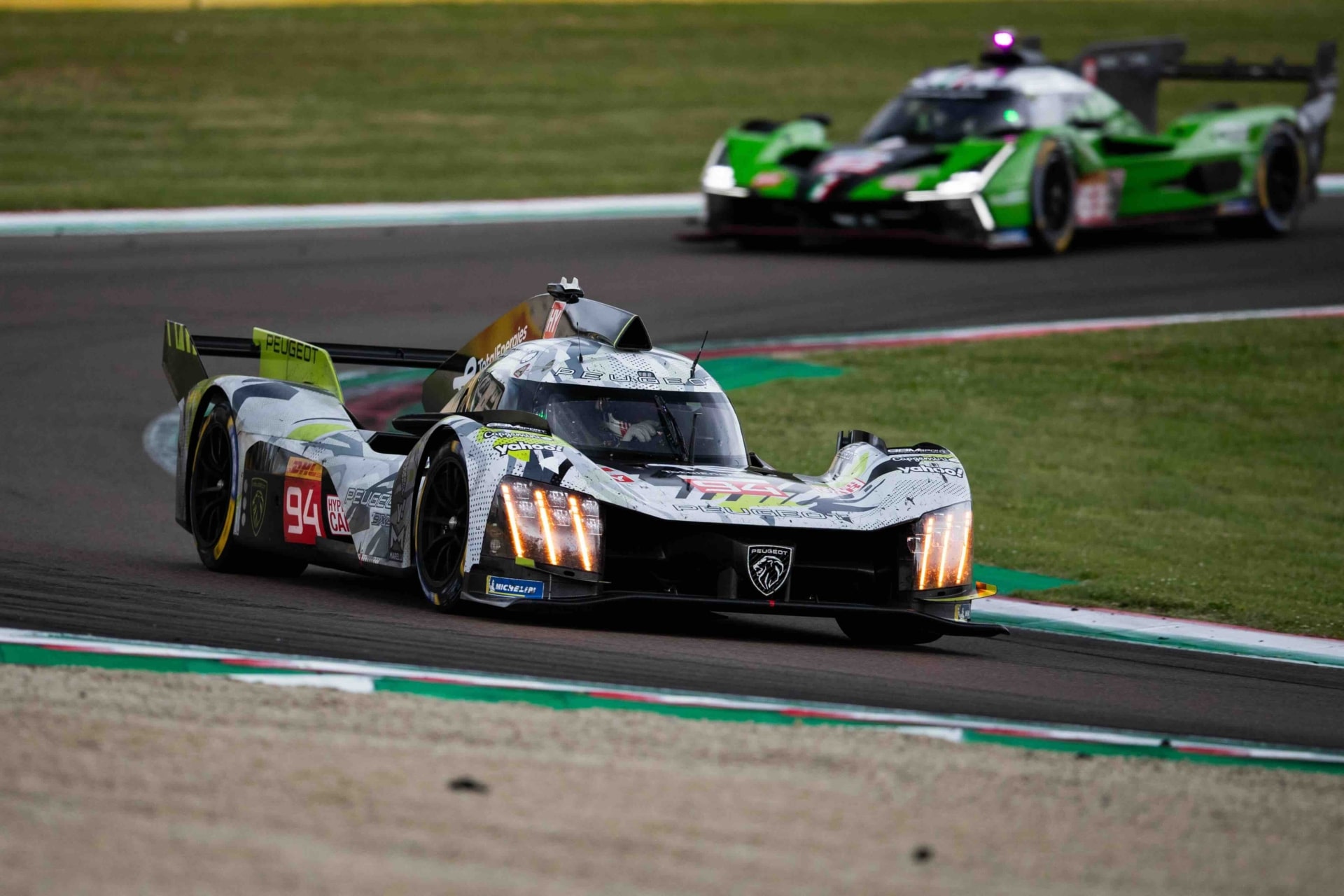
21 04 2024
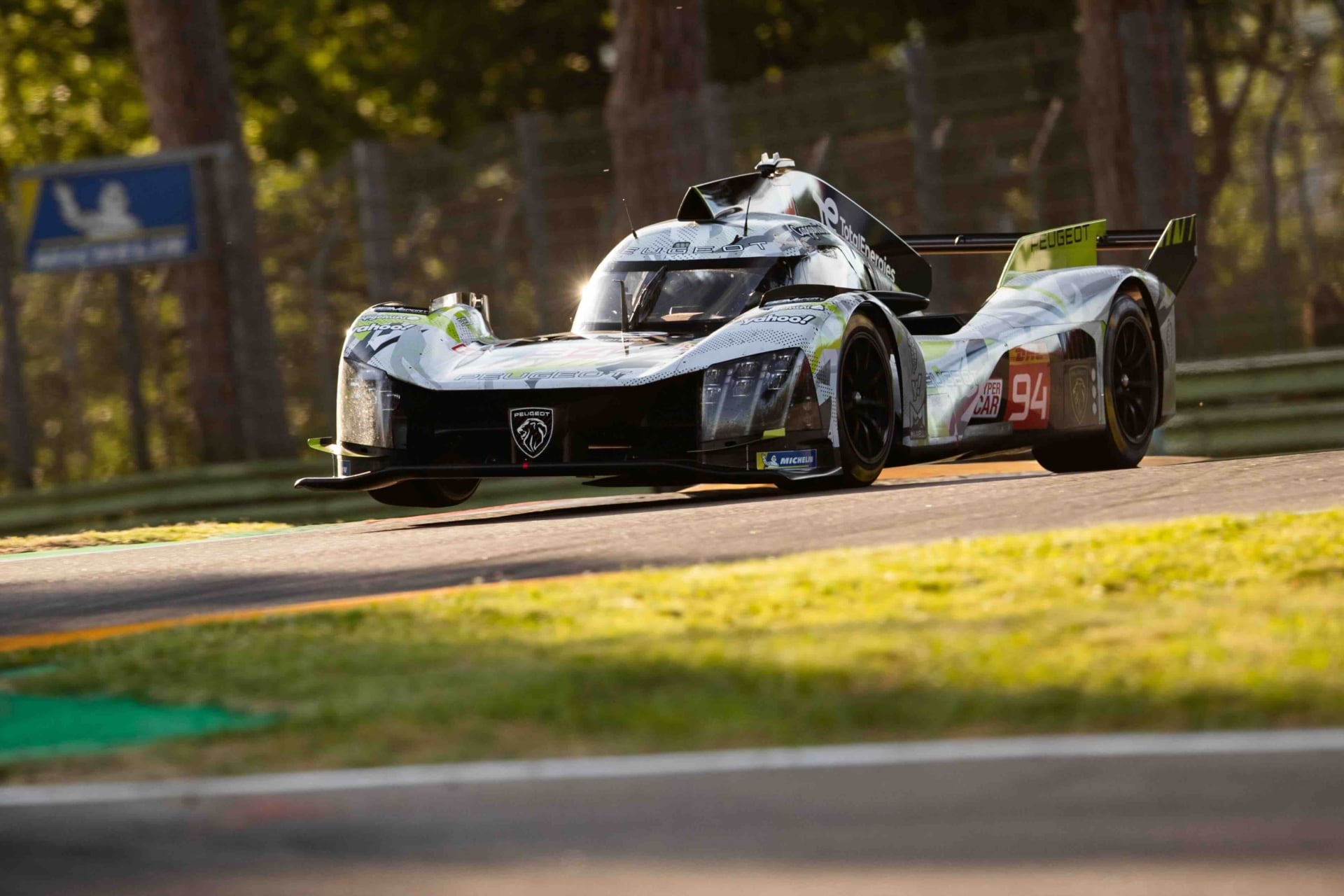
20 04 2024
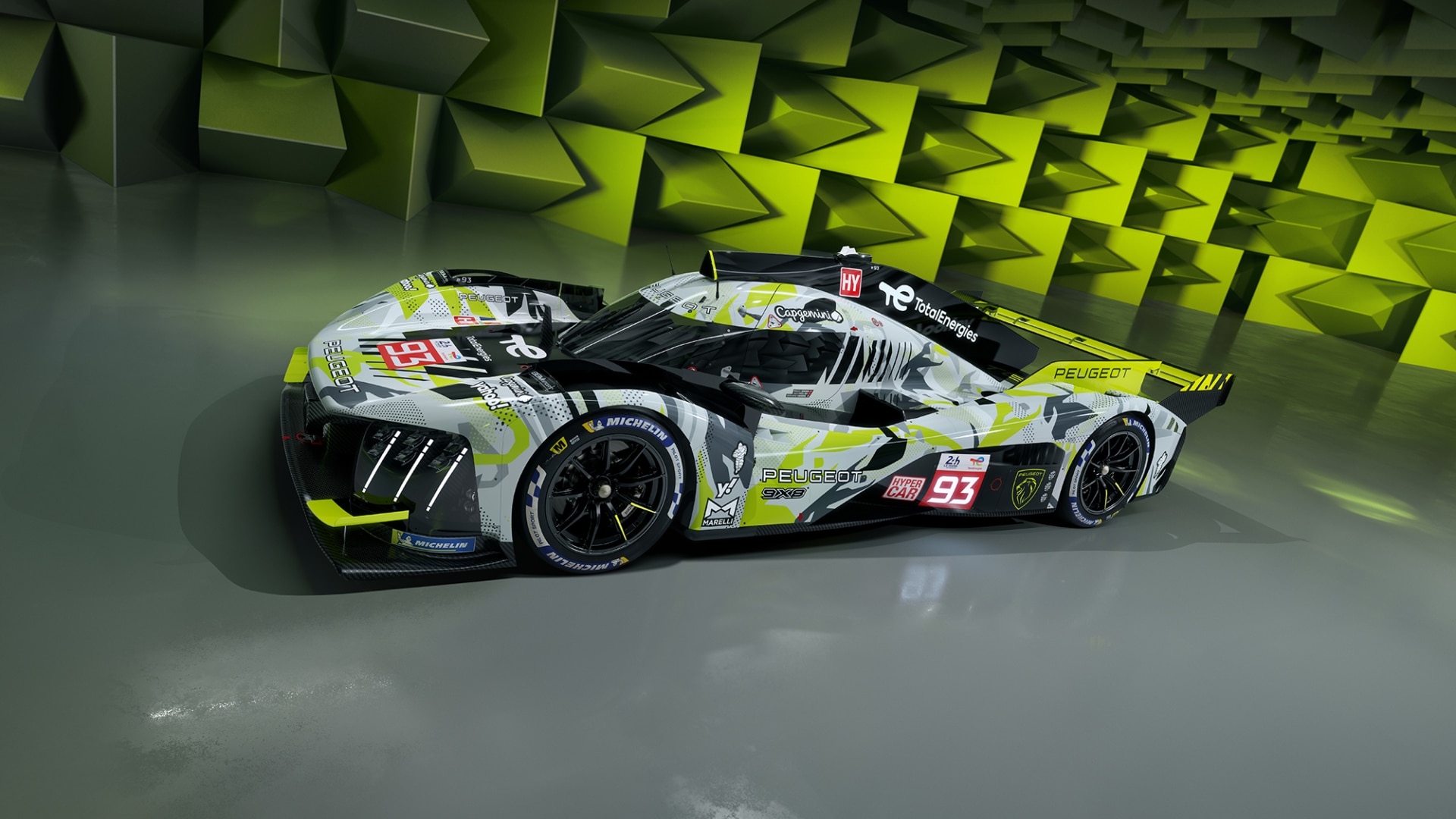
16 04 2024

23 03 2024

03 03 2024
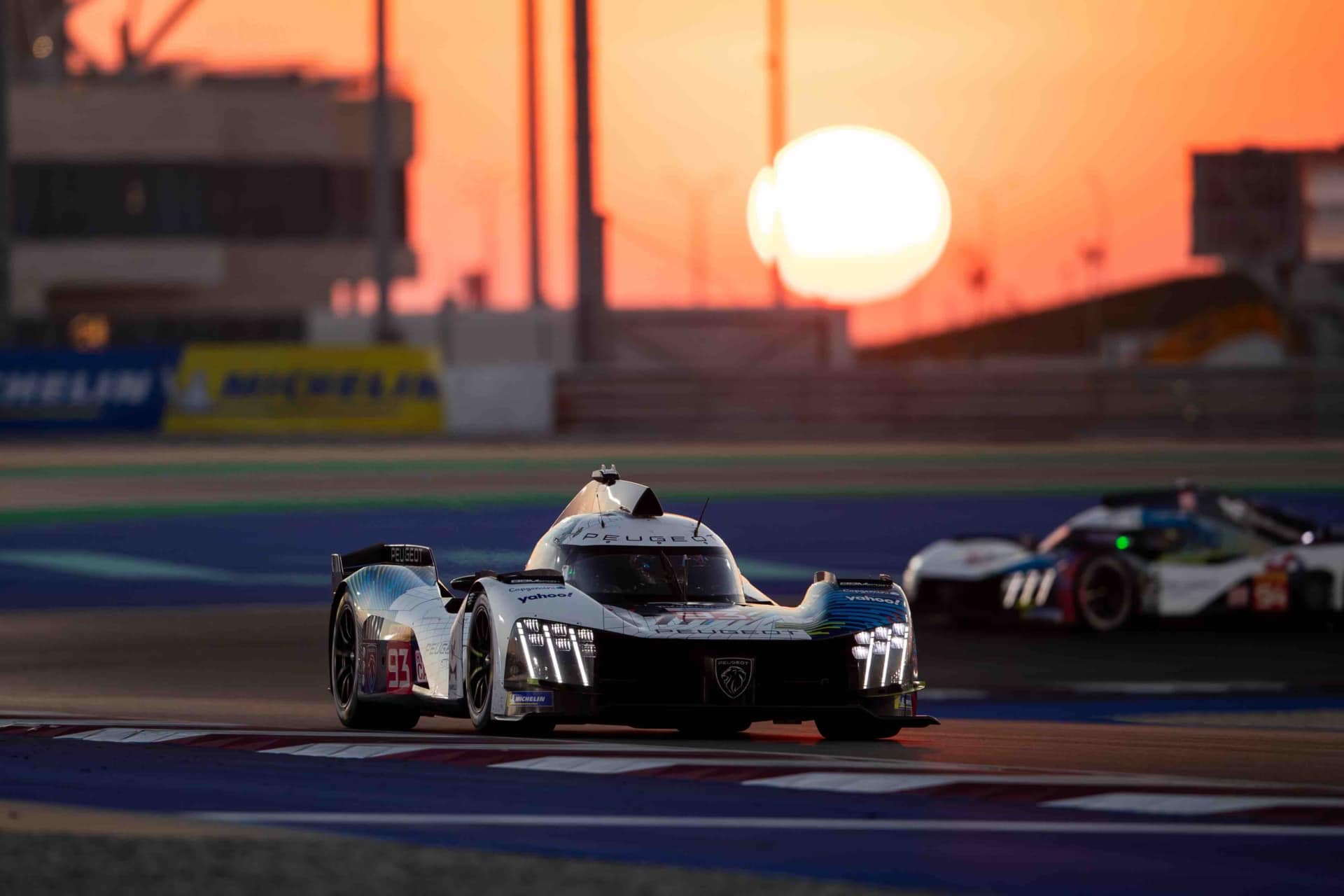
01 03 2024

20 02 2024

14 02 2024
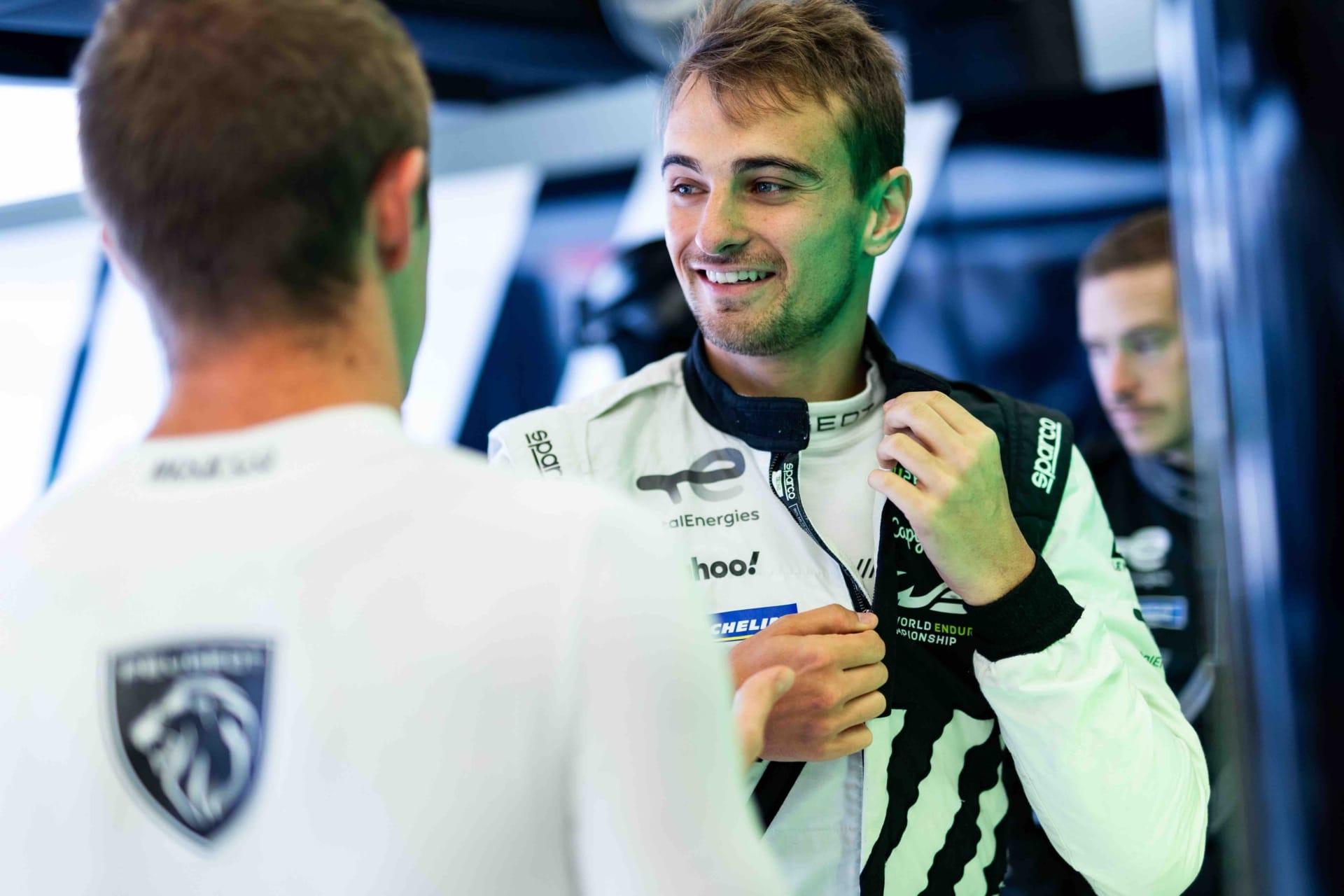
30 01 2024

24 01 2024

19 01 2024

16 01 2024

05 01 2024
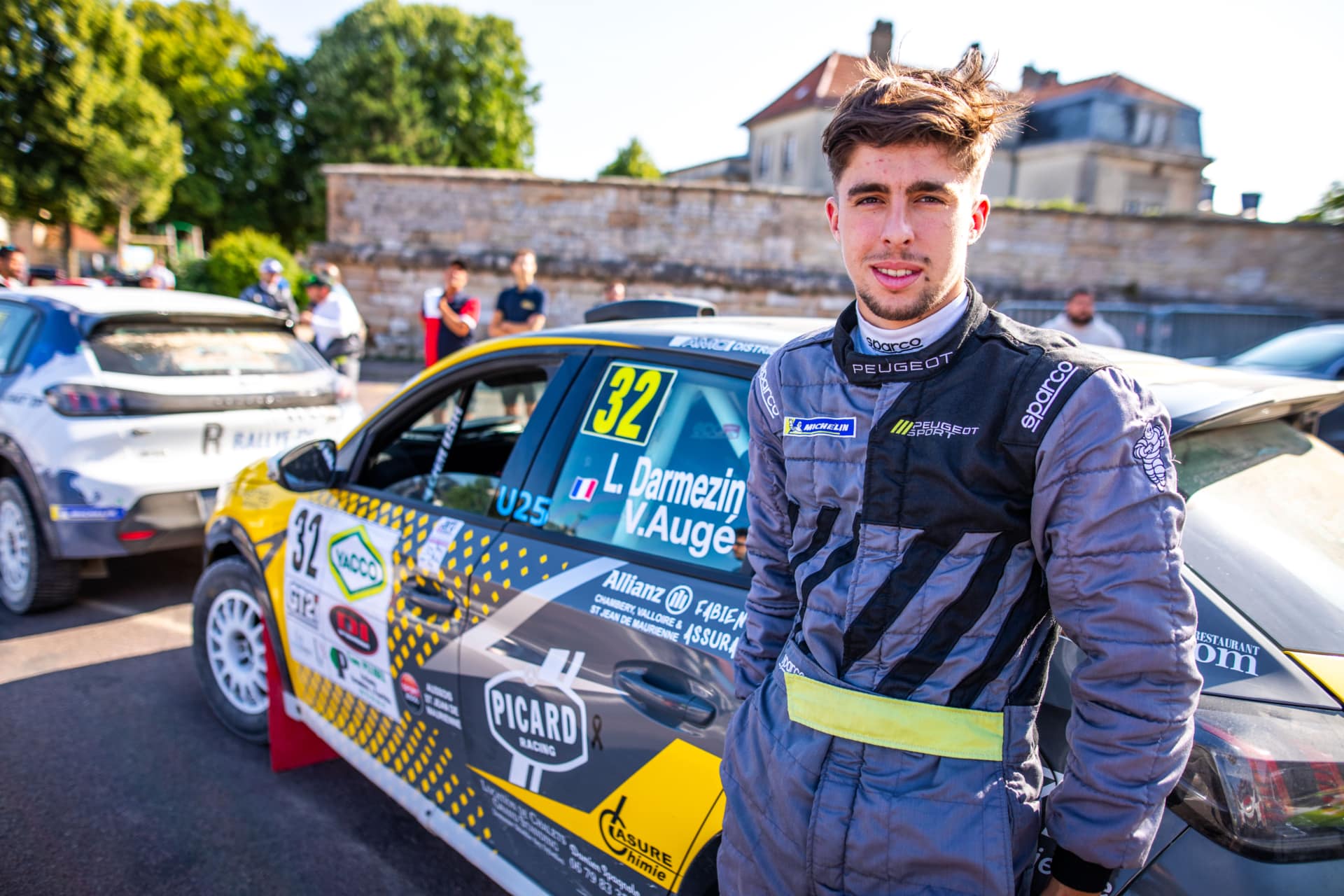
03 01 2024

21 12 2023
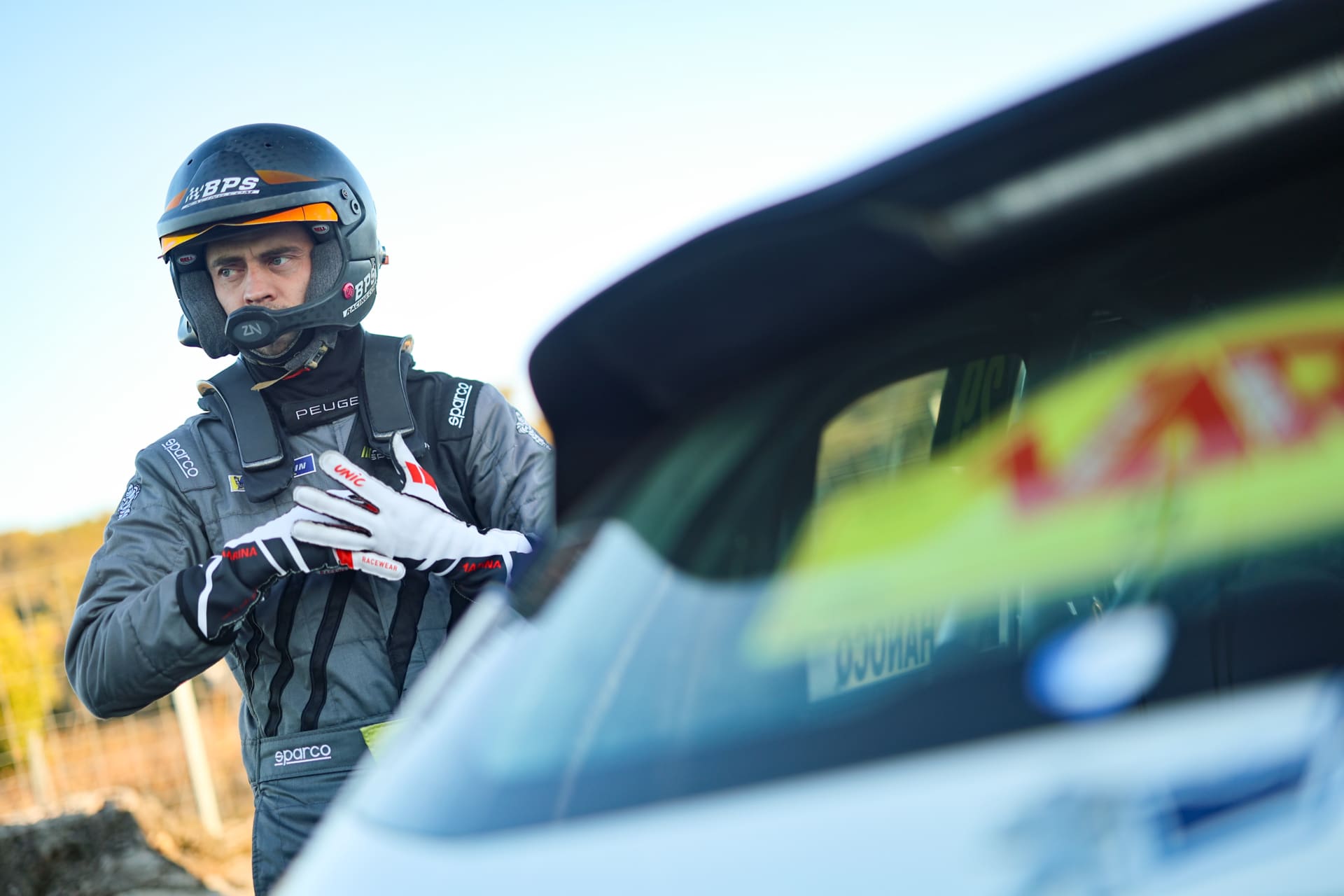
18 12 2023
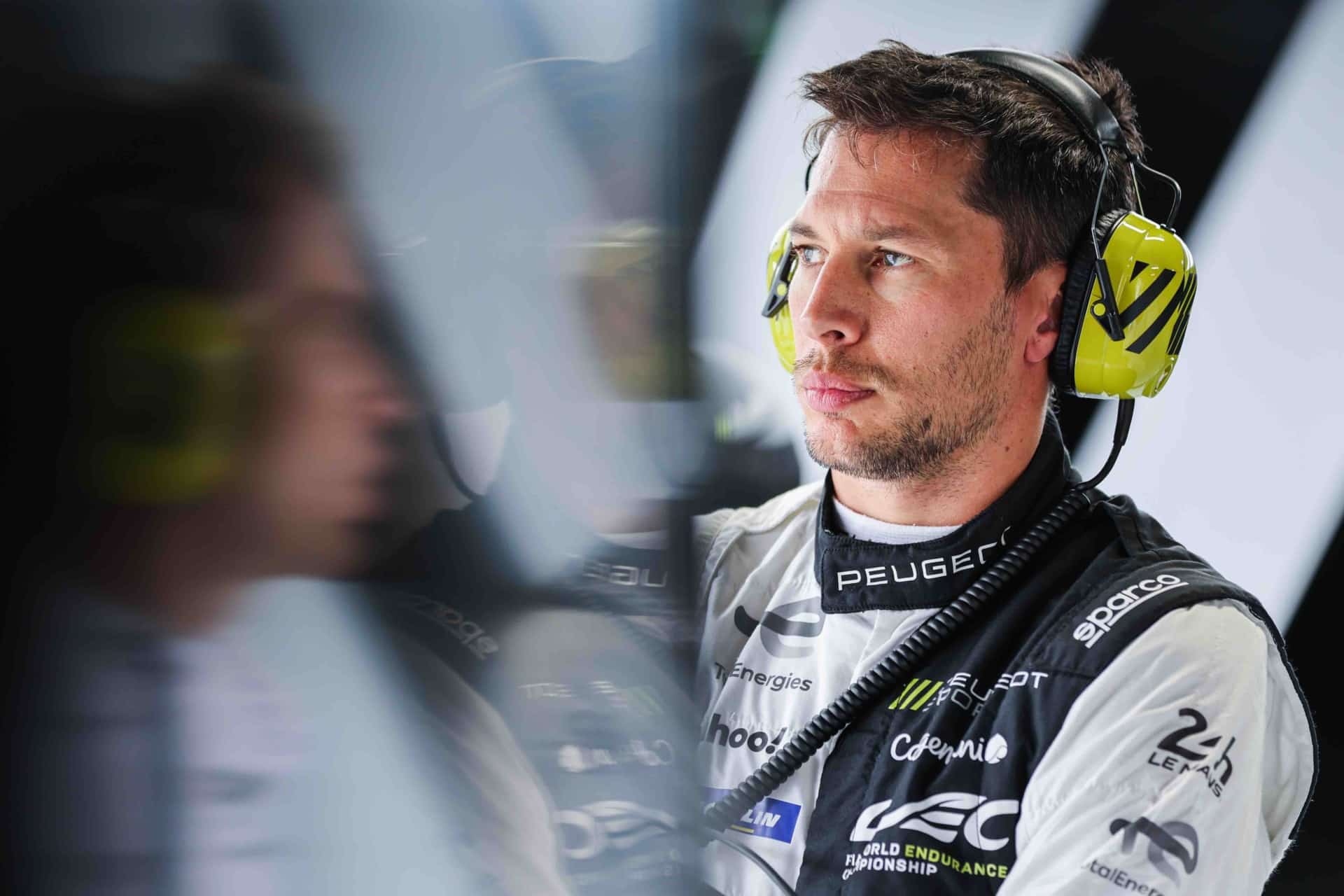
27 11 2023
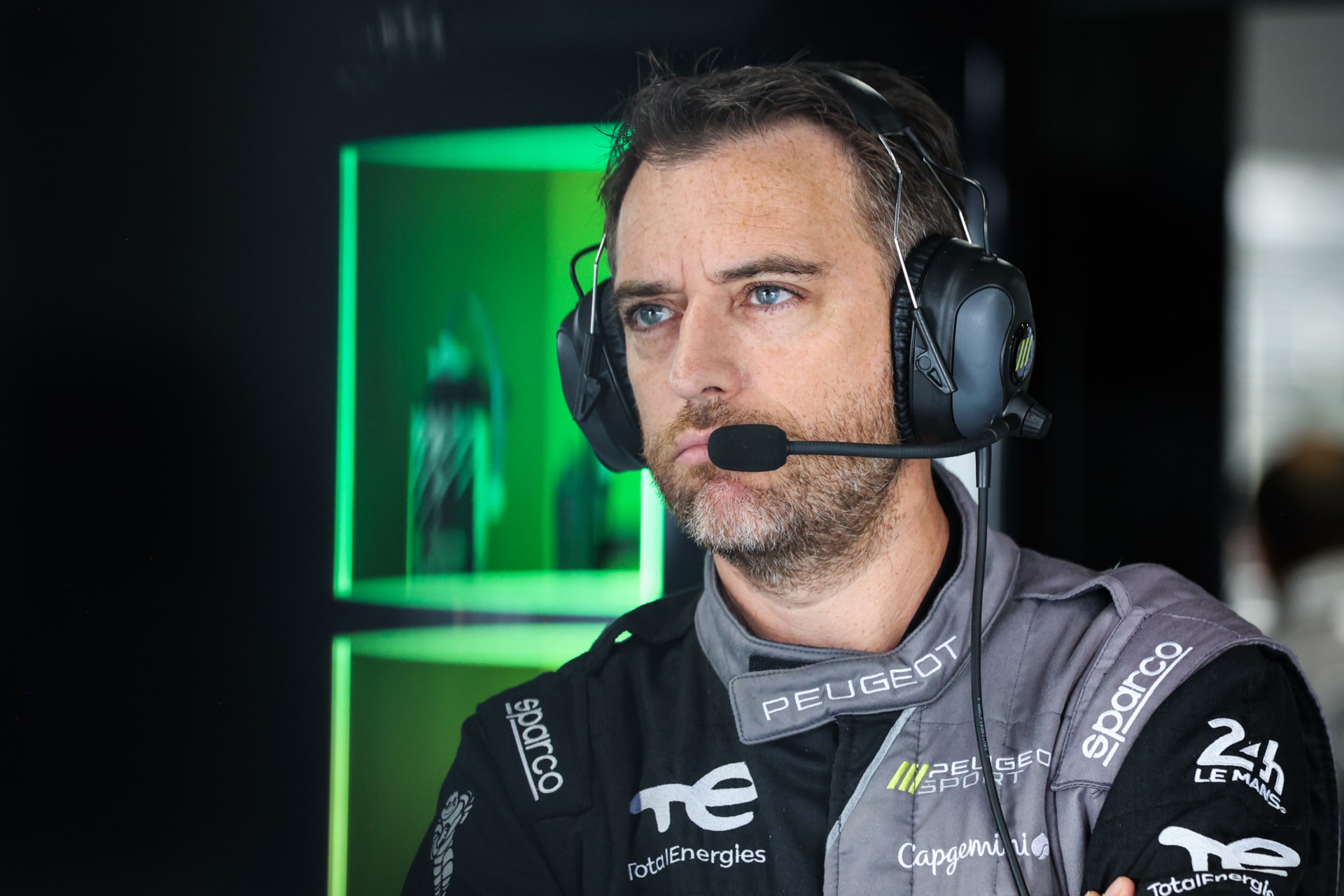
21 11 2023

06 11 2023
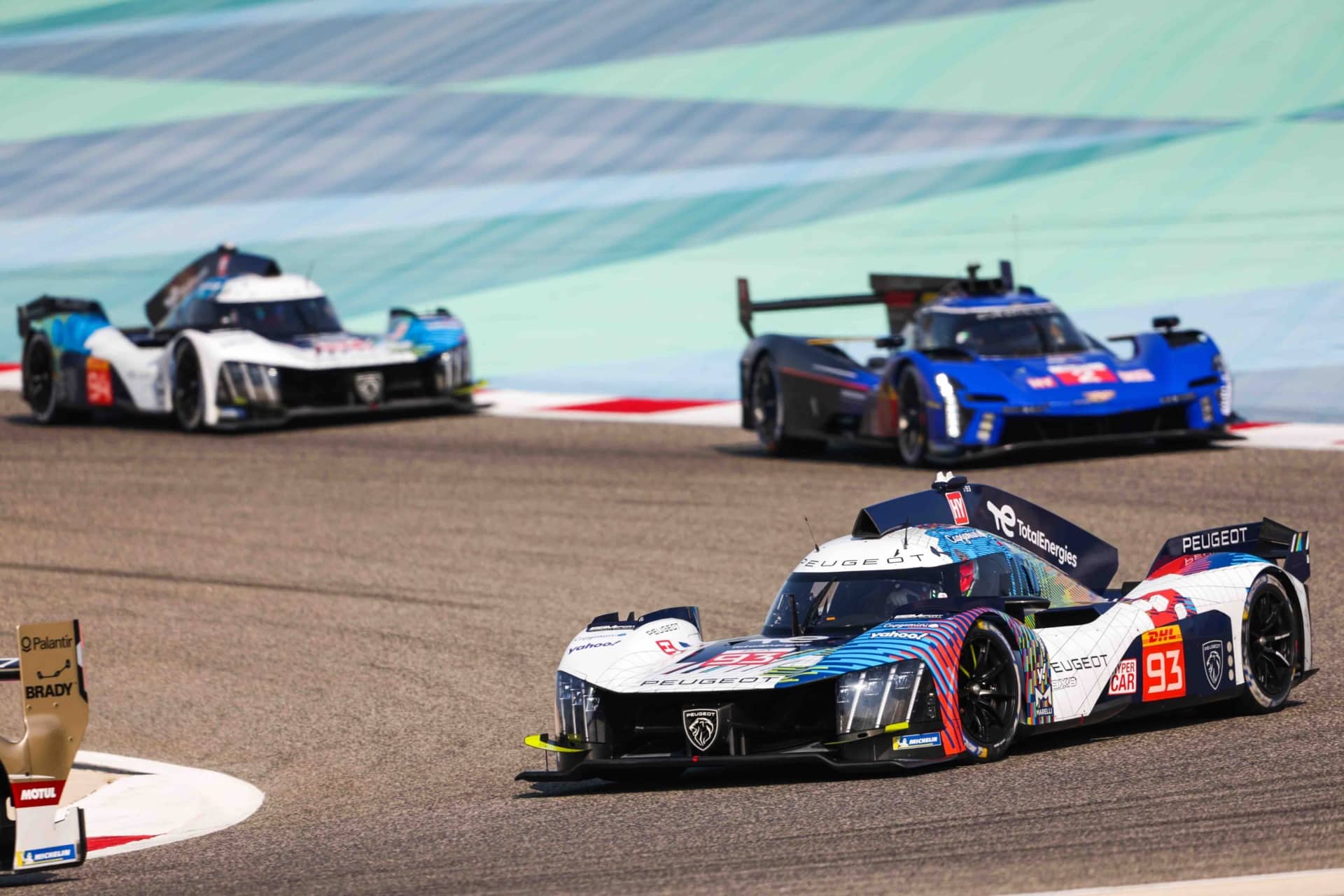
04 11 2023
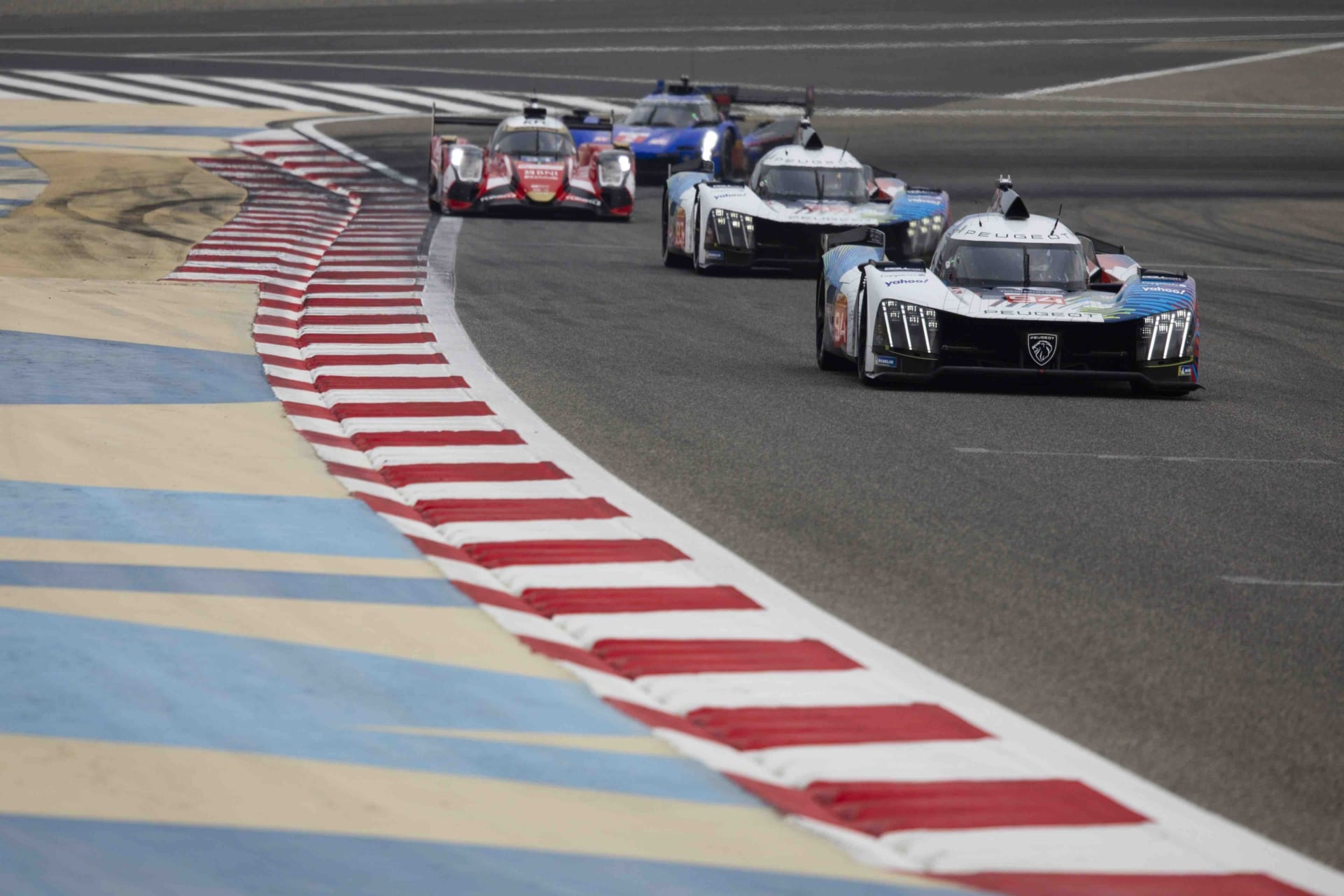
03 11 2023
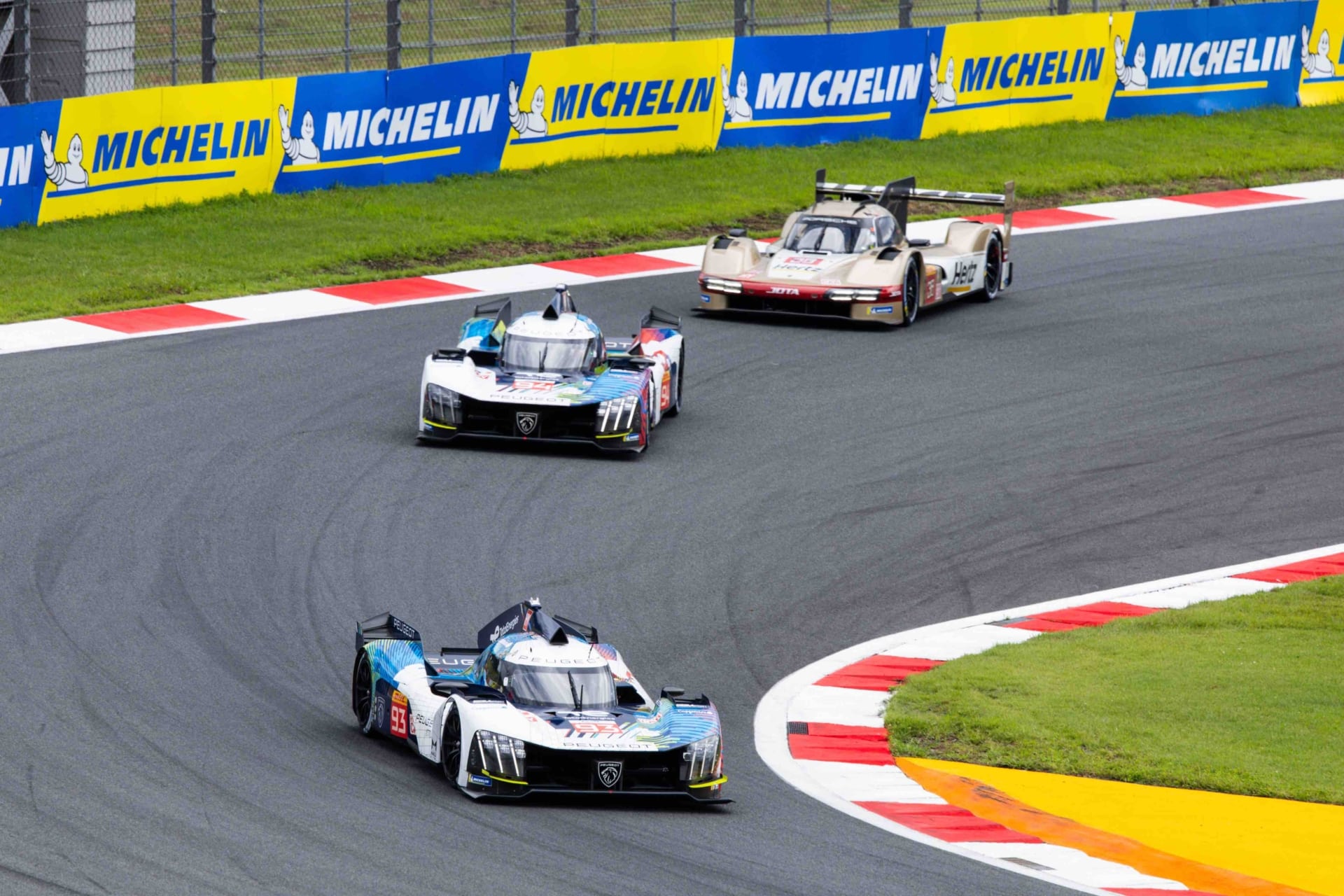
30 10 2023

09 10 2023
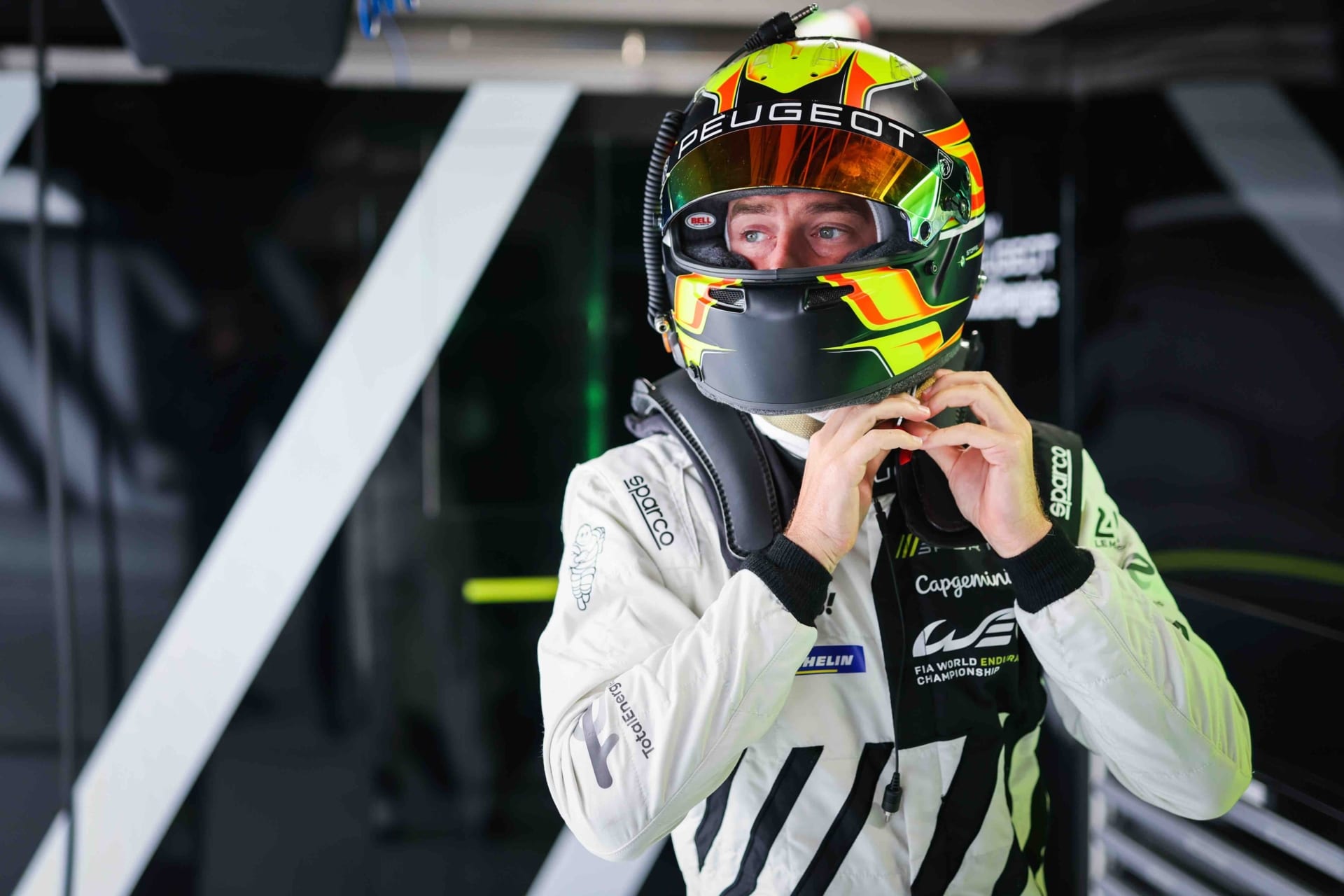
21 09 2023
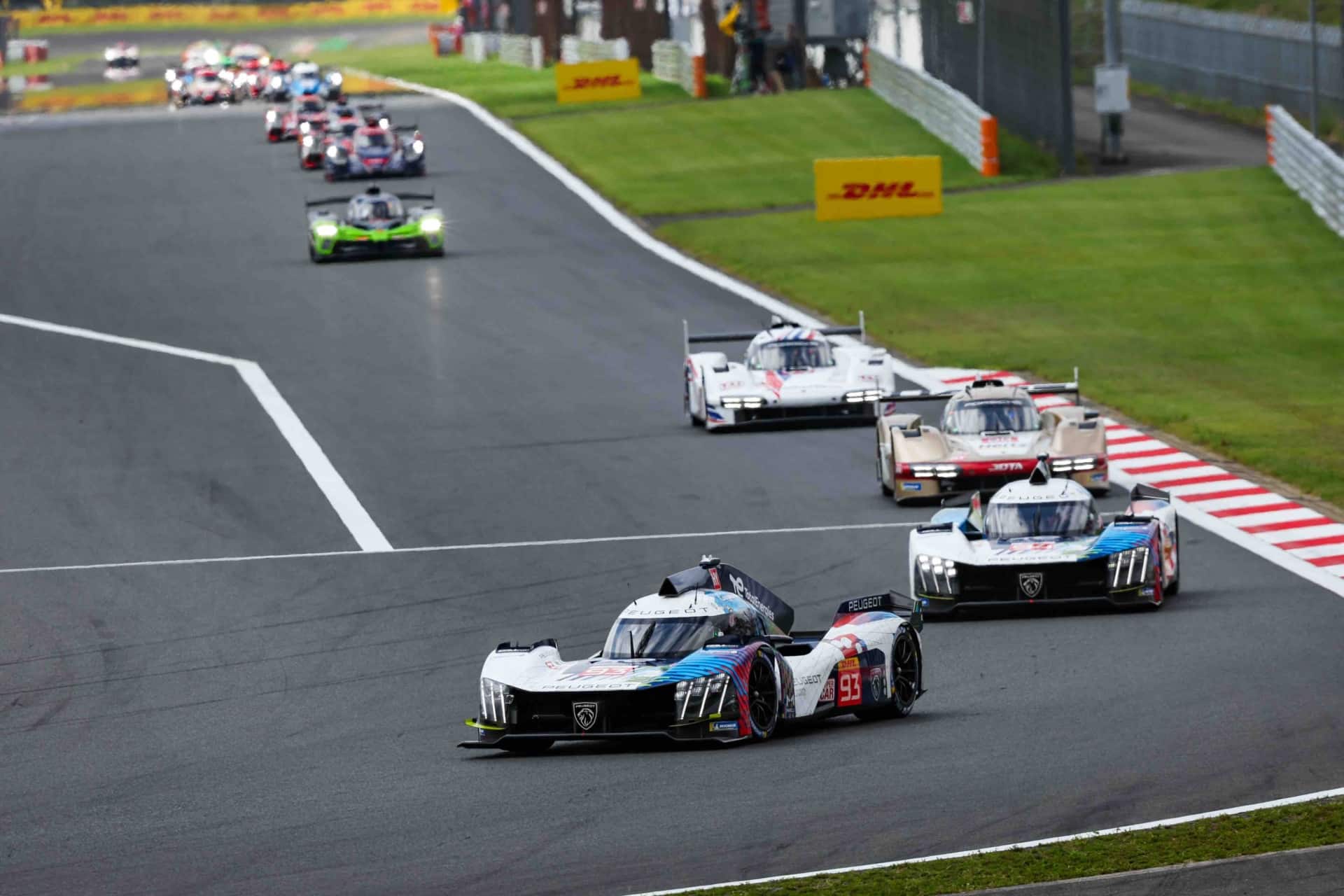
10 09 2023
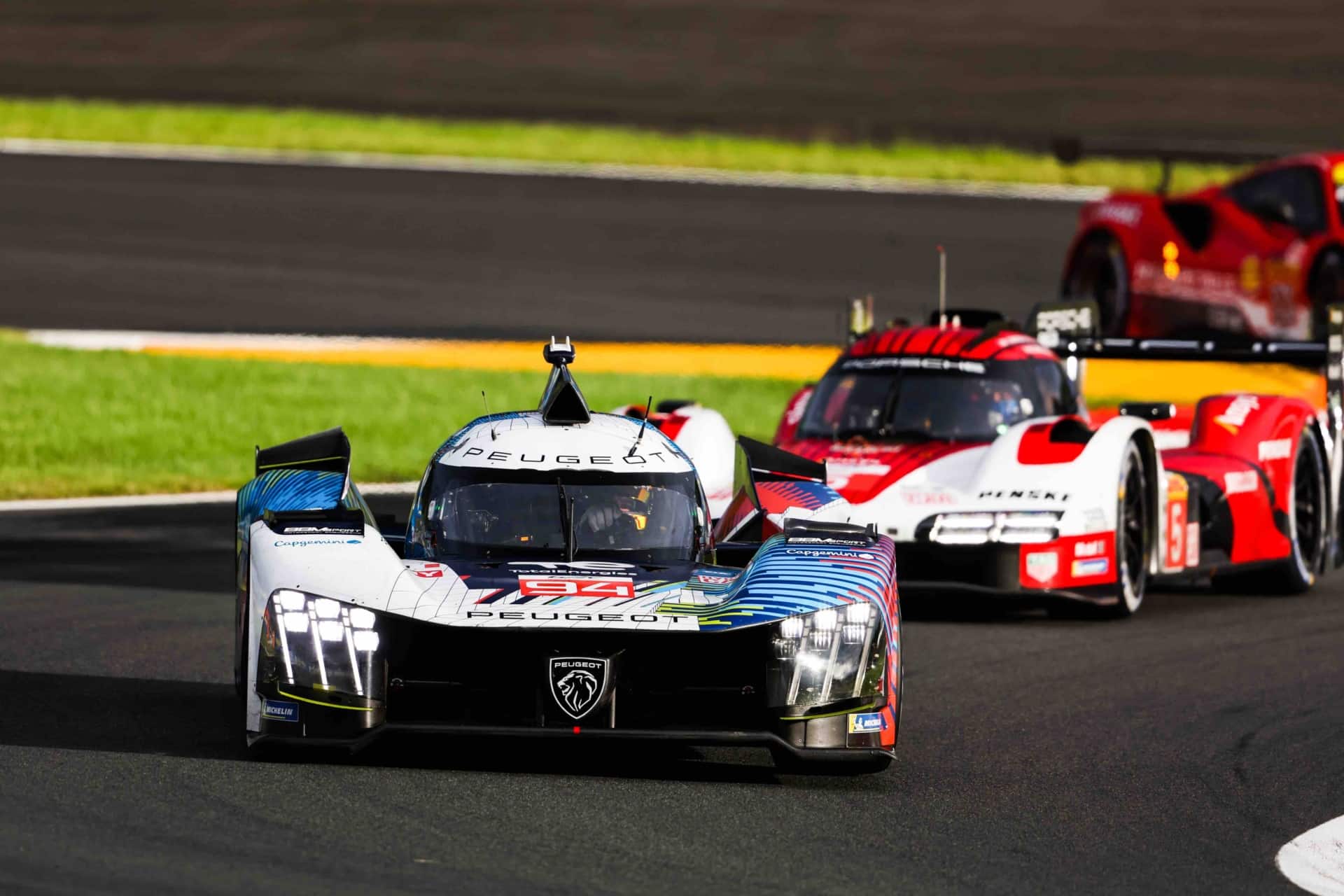
09 09 2023
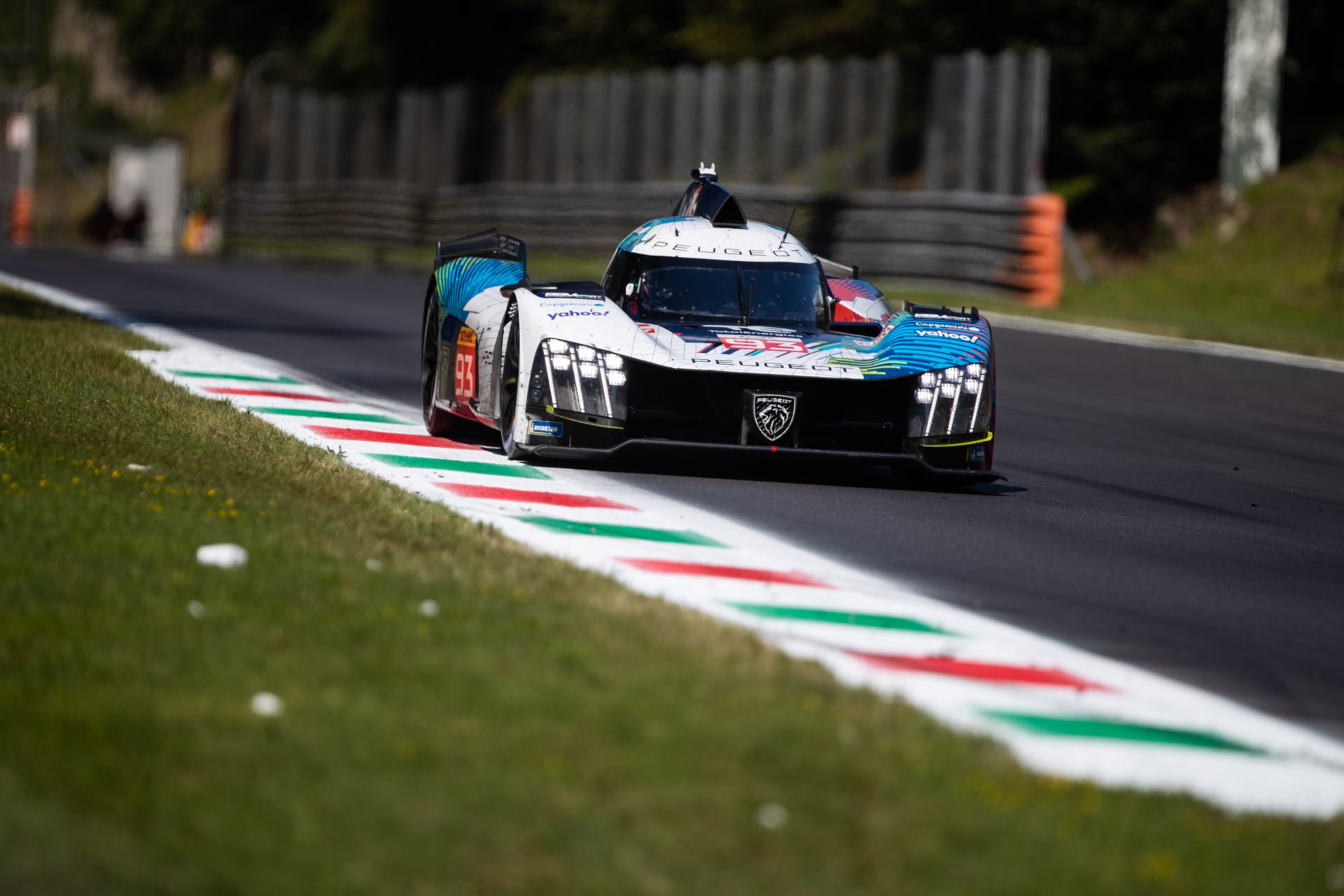
28 08 2023

22 08 2023
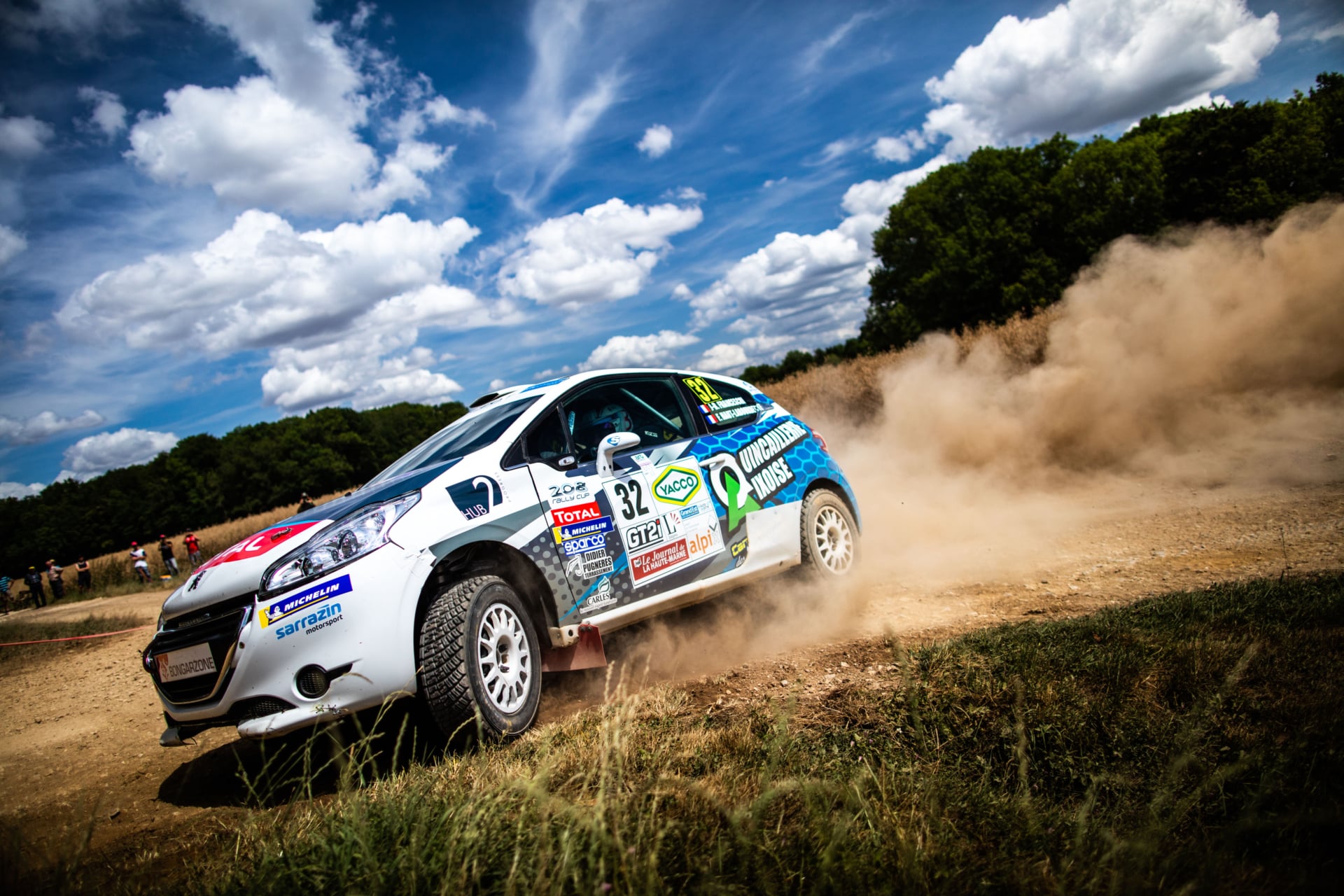
19 07 2023
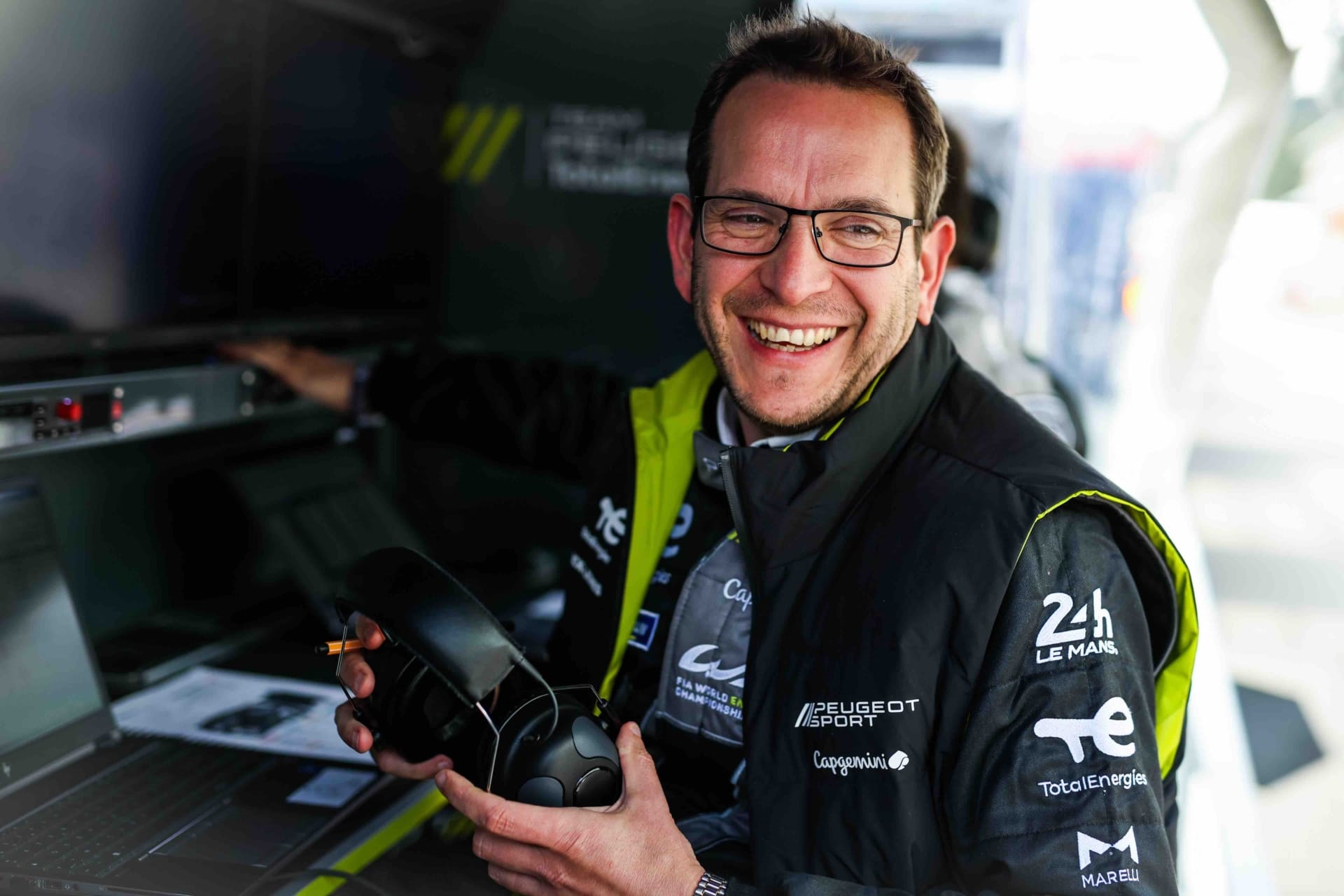
14 07 2023
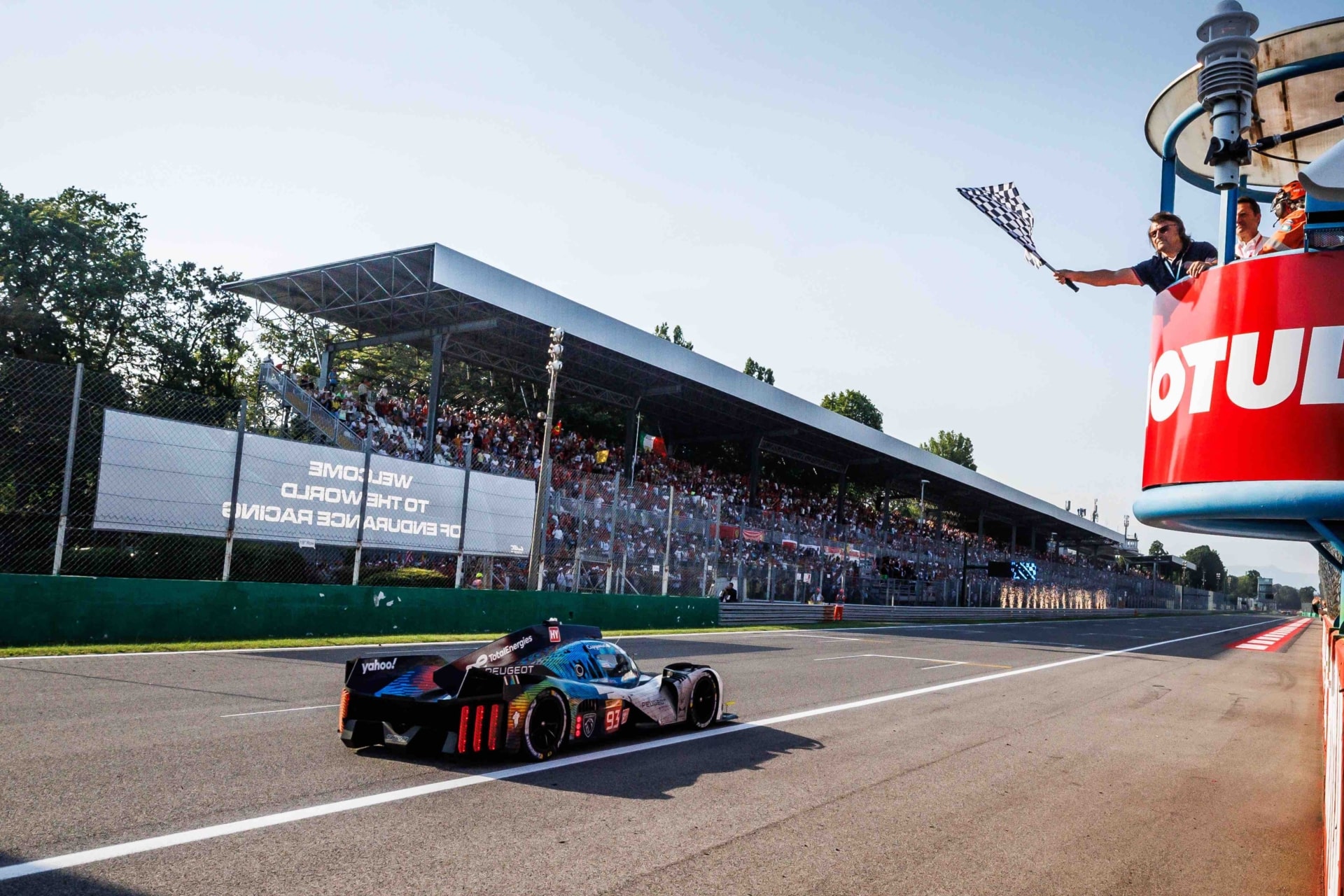
09 07 2023

08 07 2023

03 07 2023
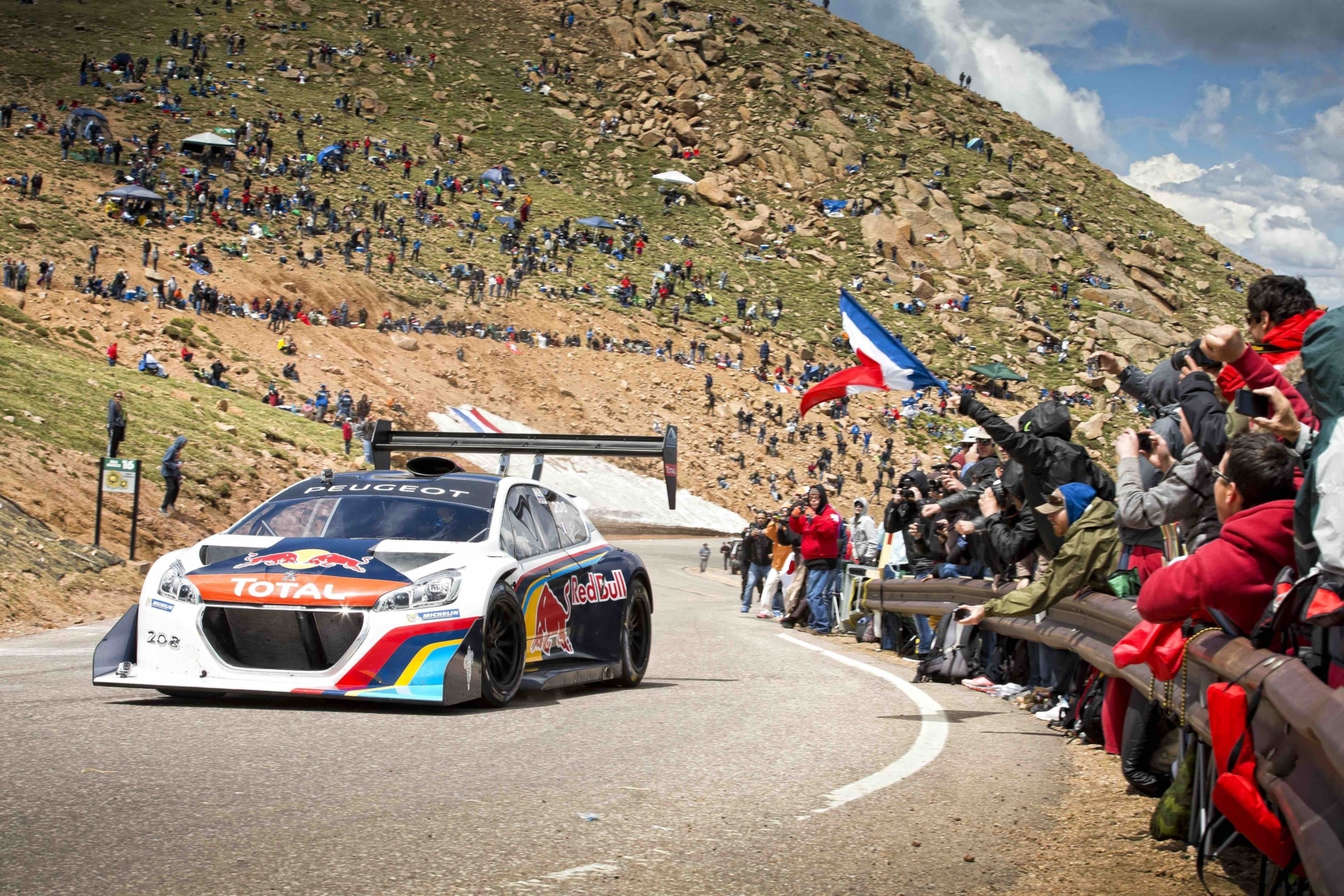
30 06 2023
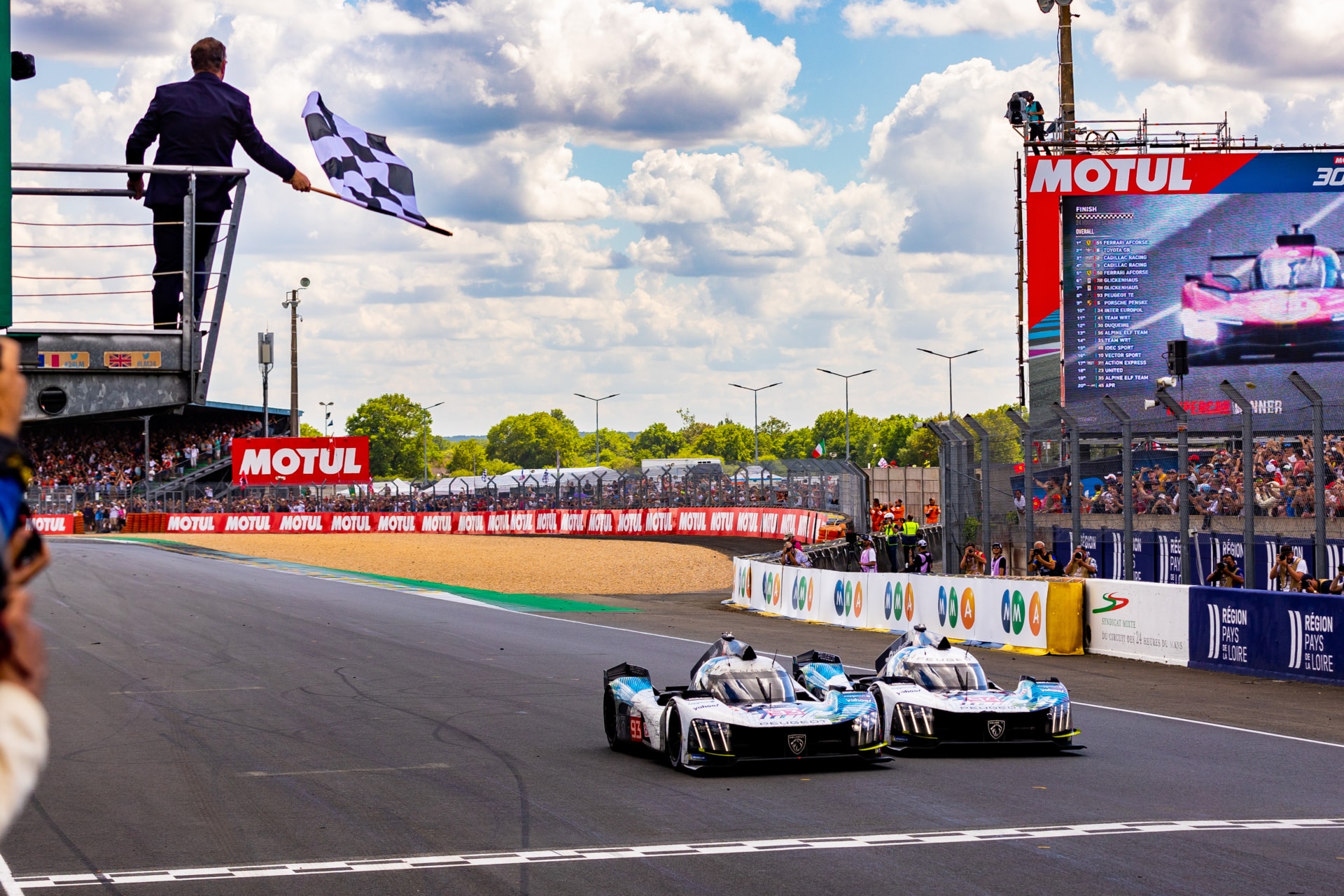
11 06 2023

11 06 2023

10 06 2023
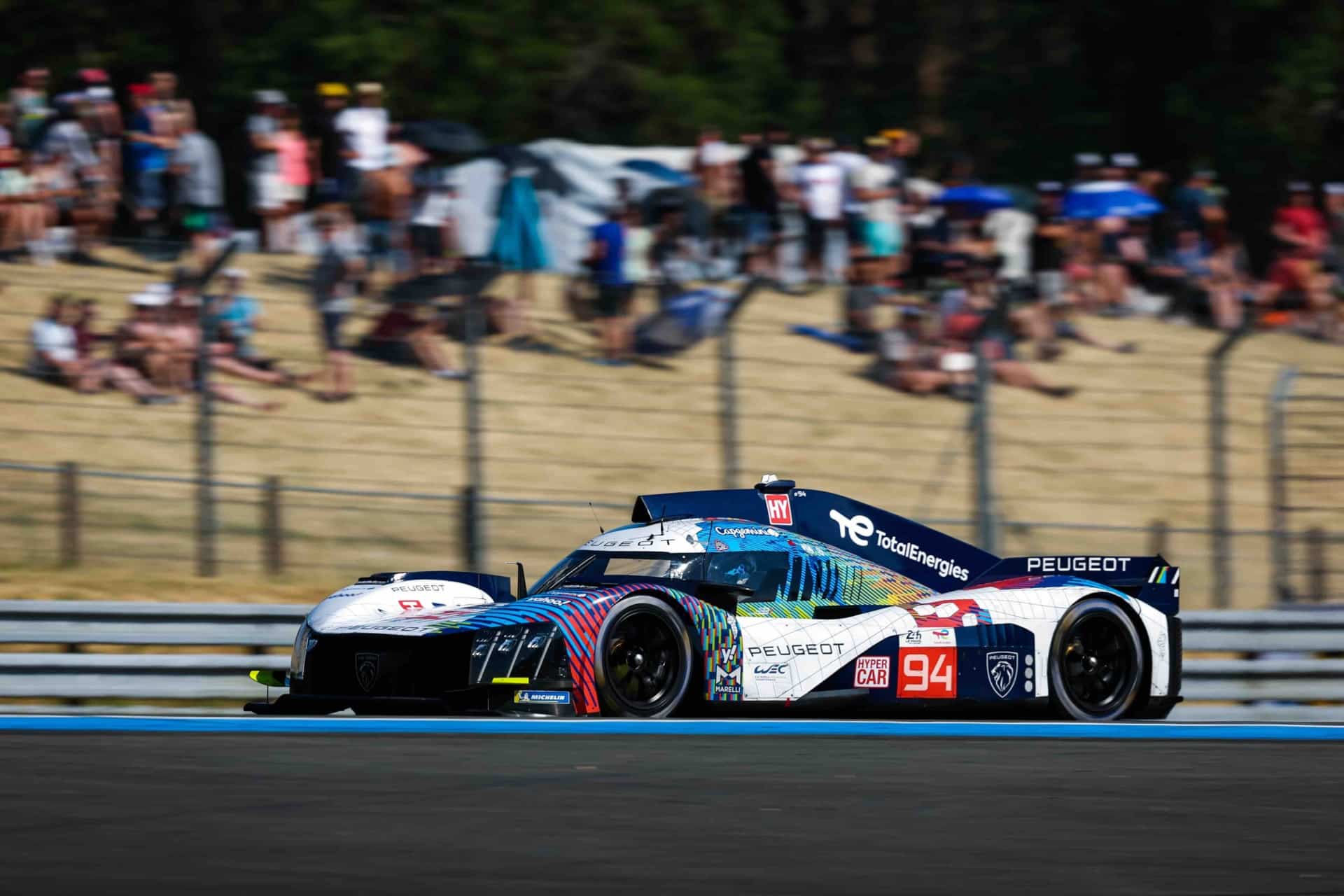
09 06 2023
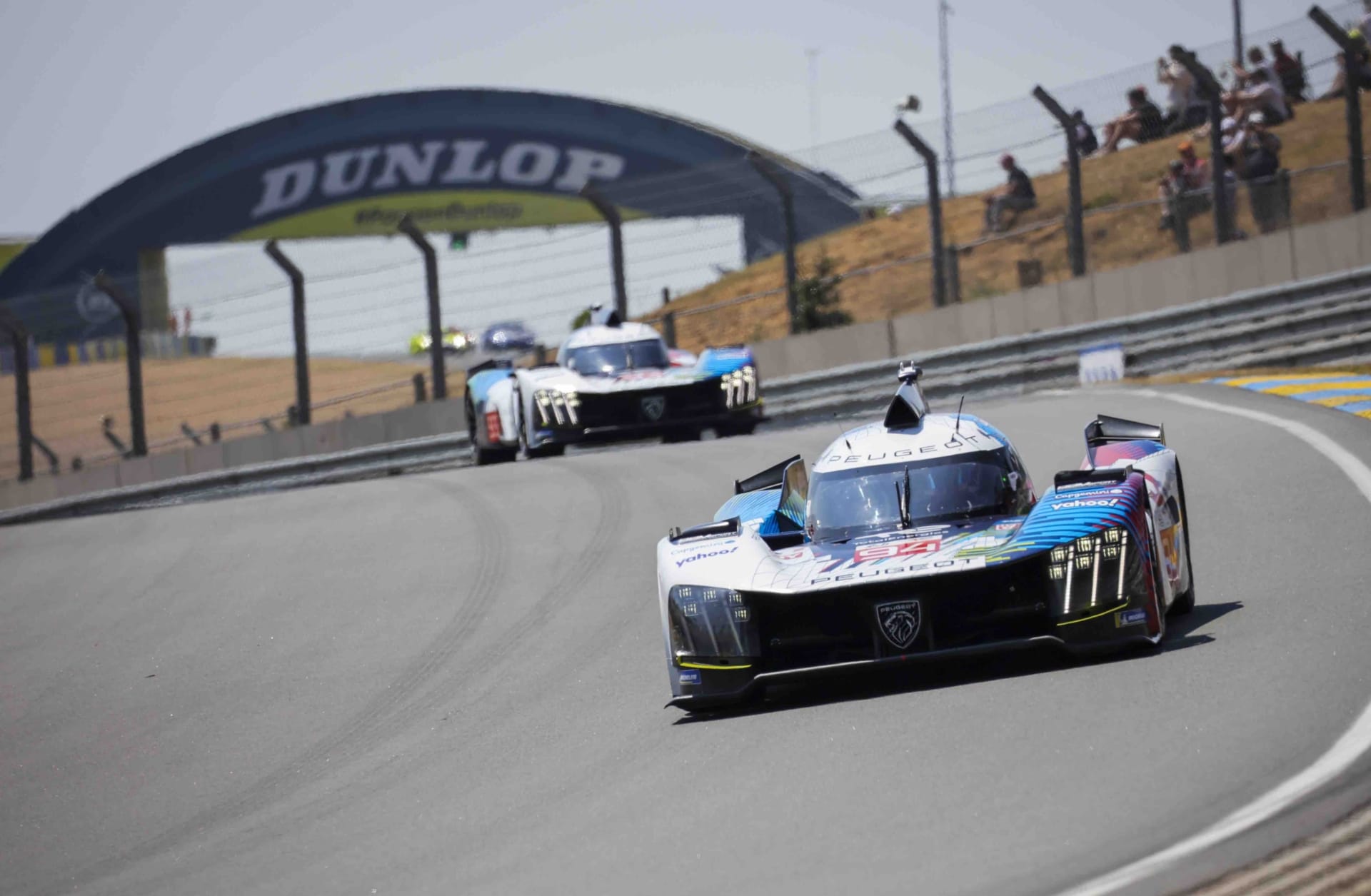
07 06 2023
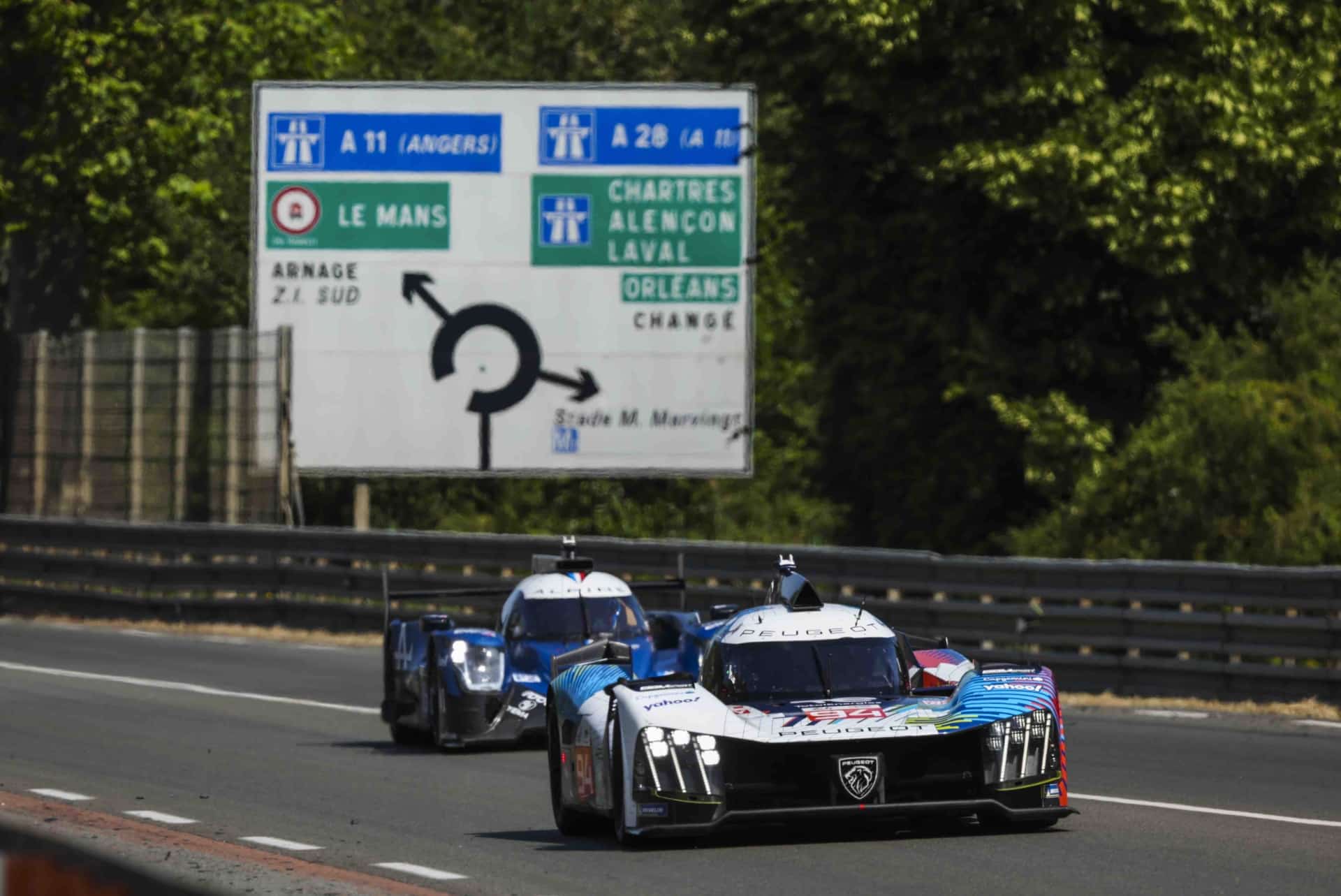
04 06 2023

03 06 2023

02 06 2023
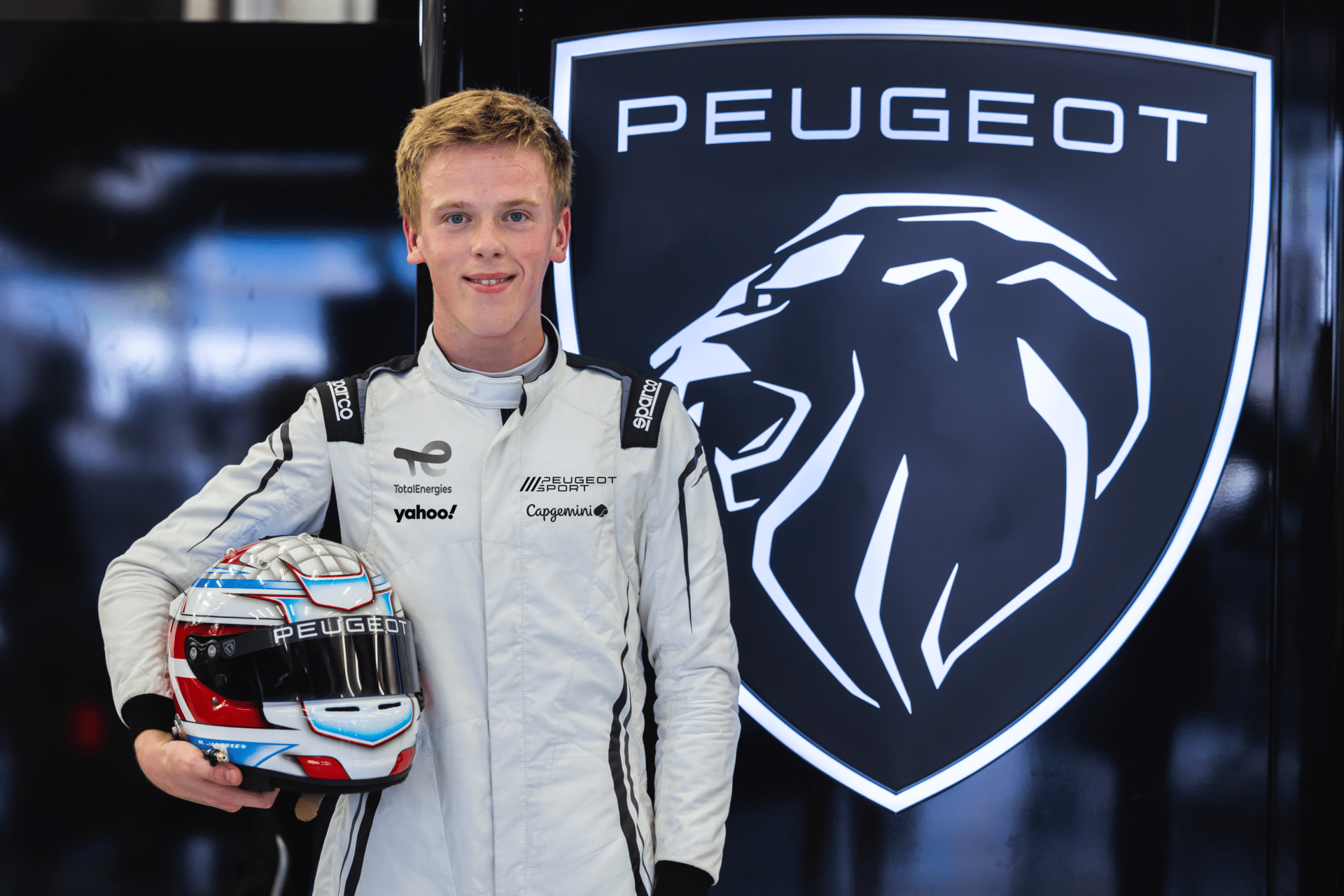
22 05 2023
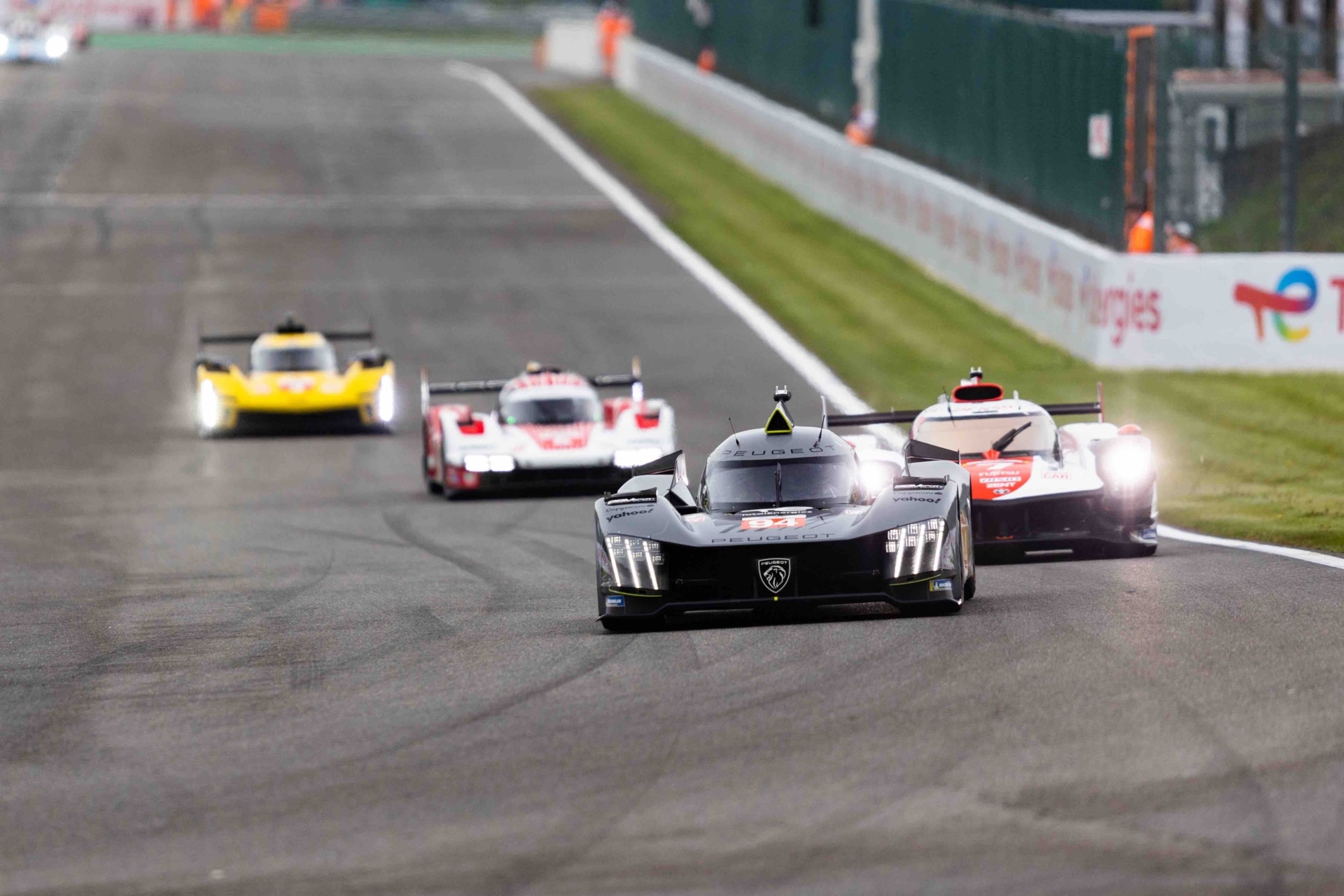
29 04 2023
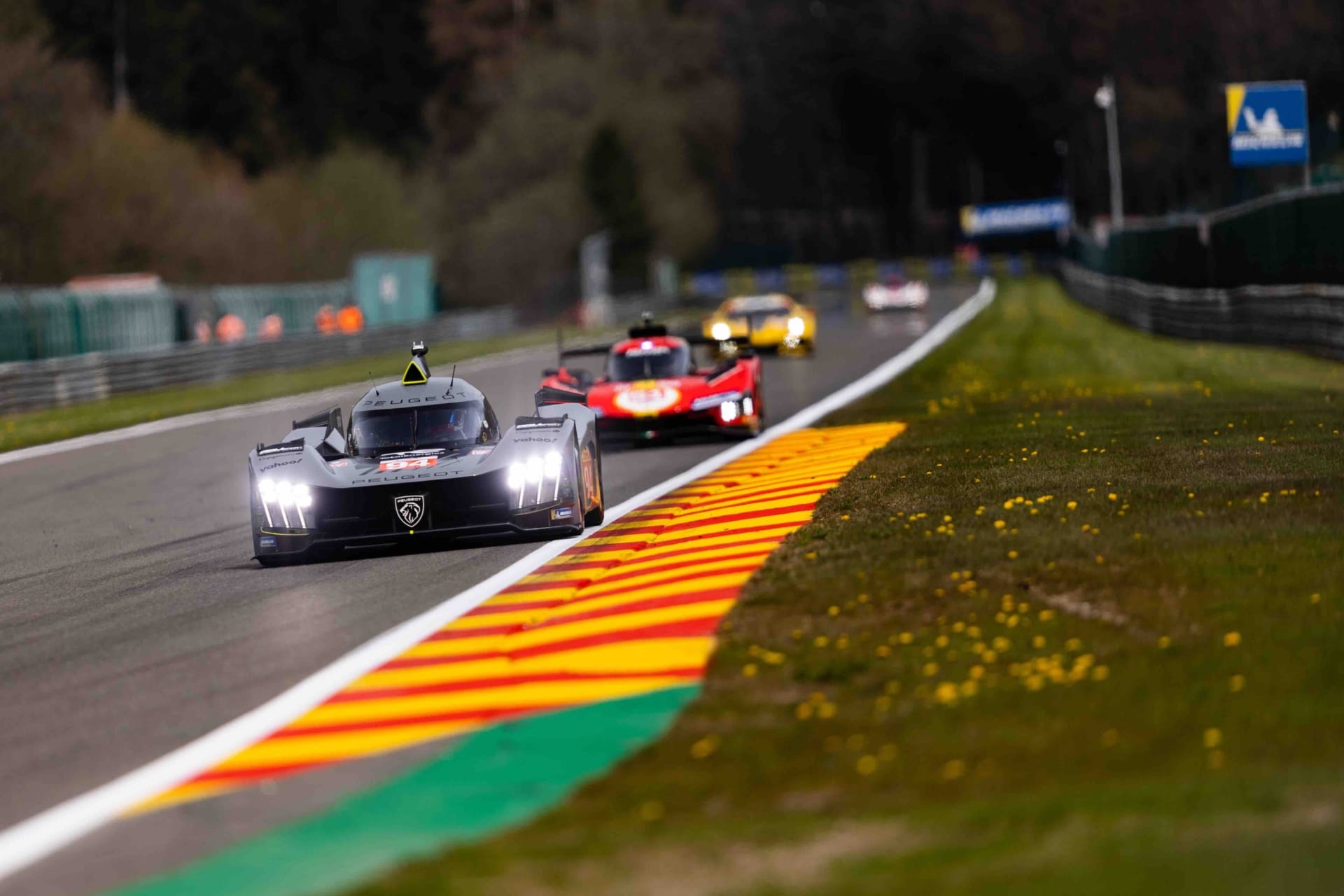
28 04 2023
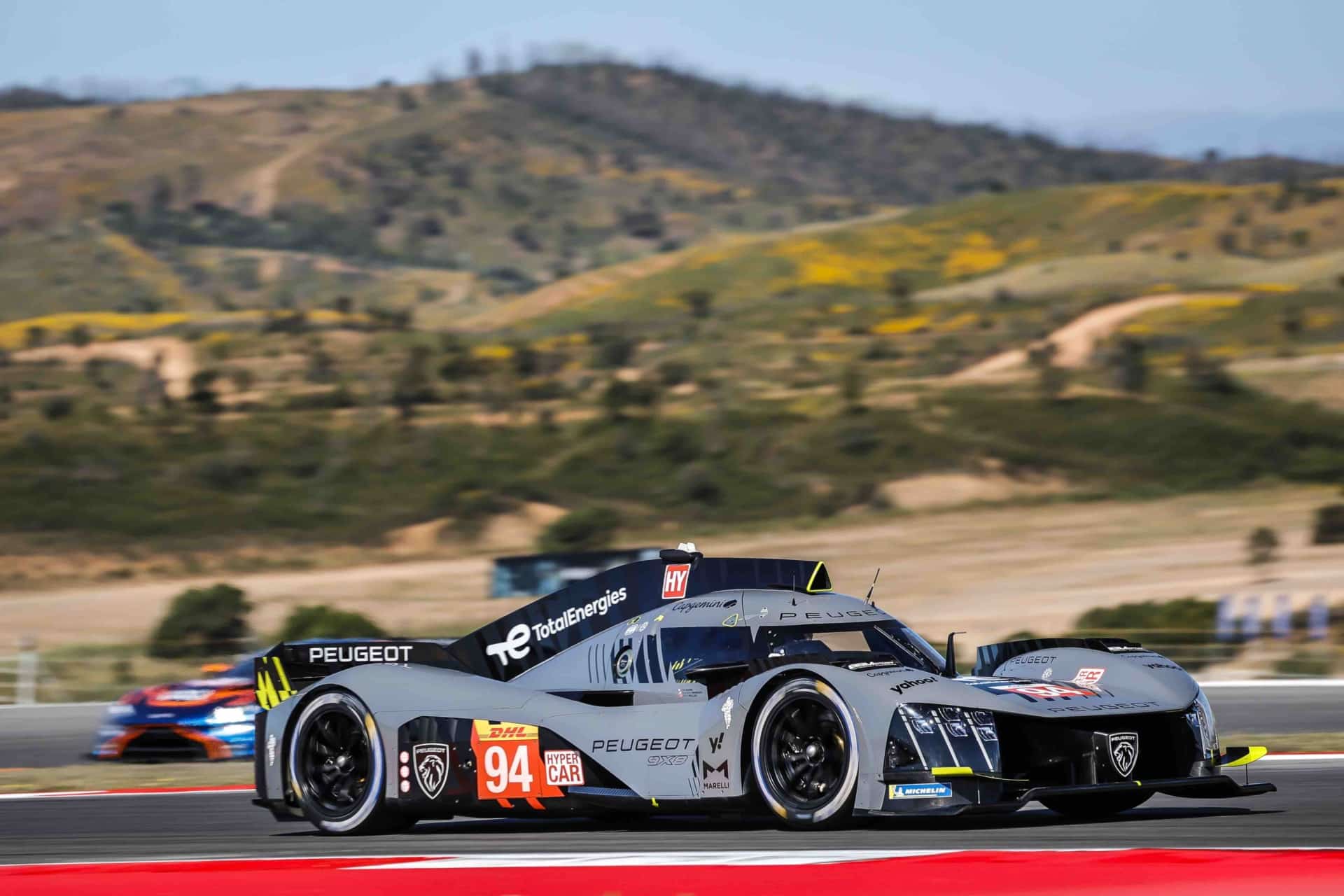
25 04 2023
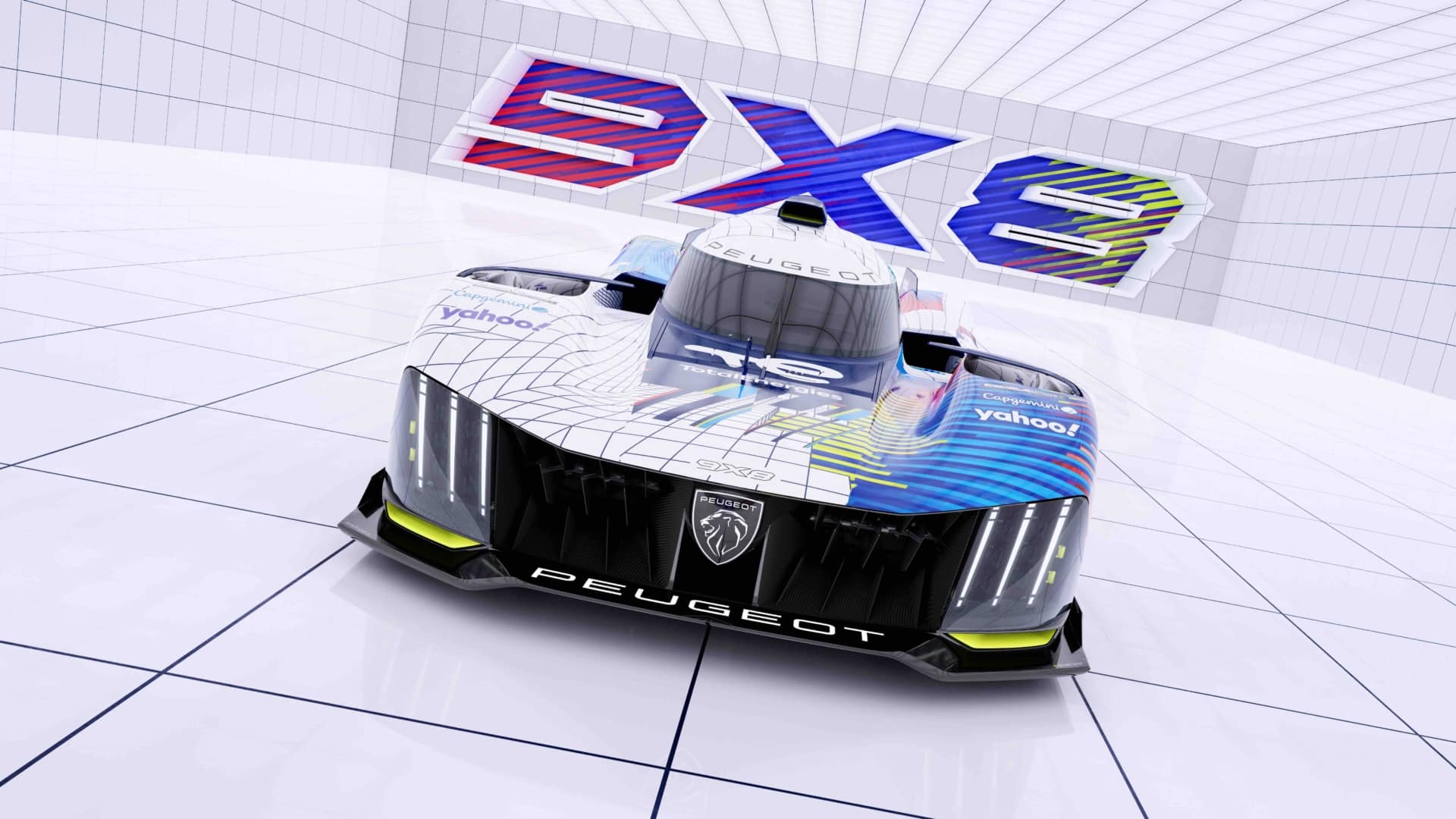
20 04 2023
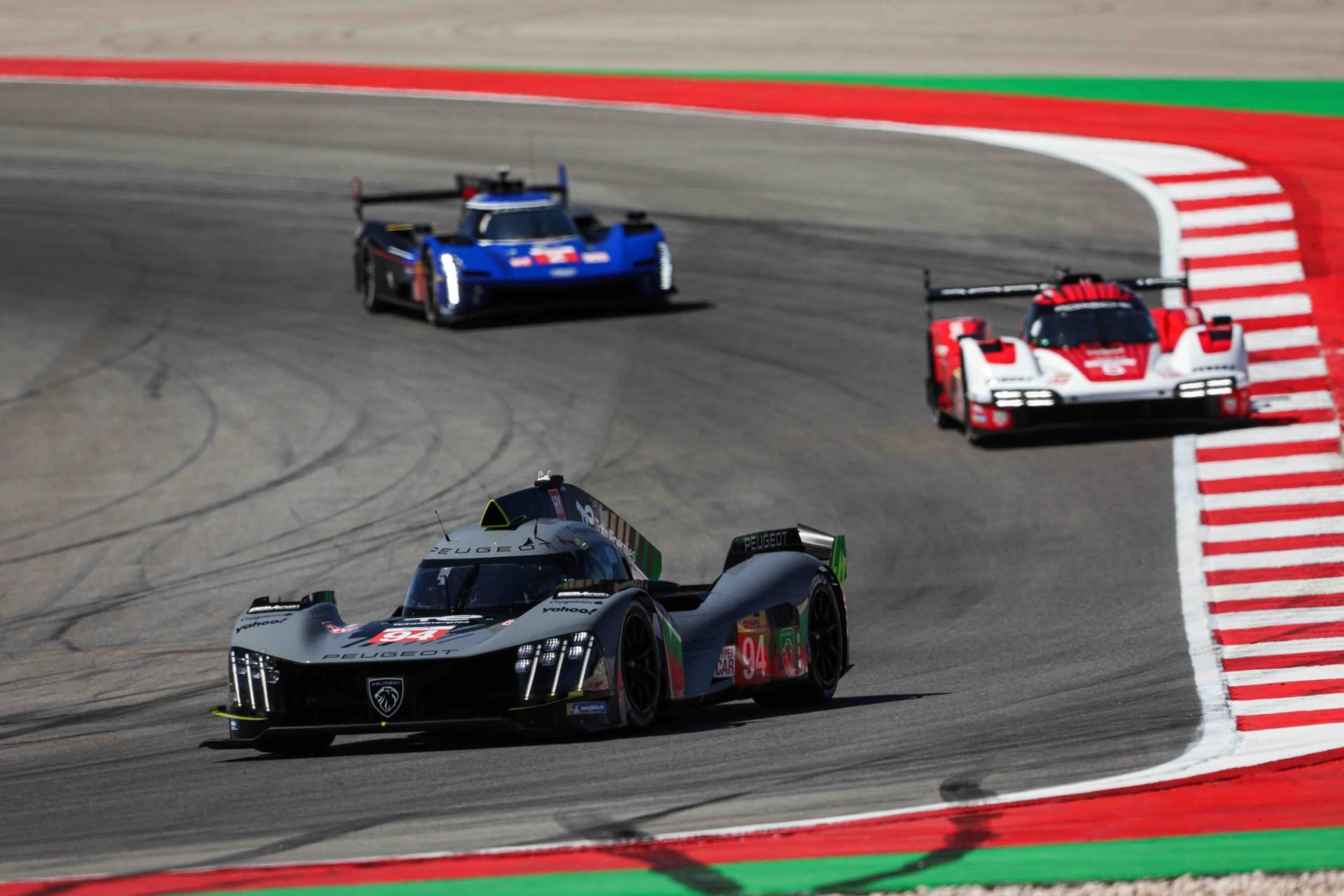
16 04 2023
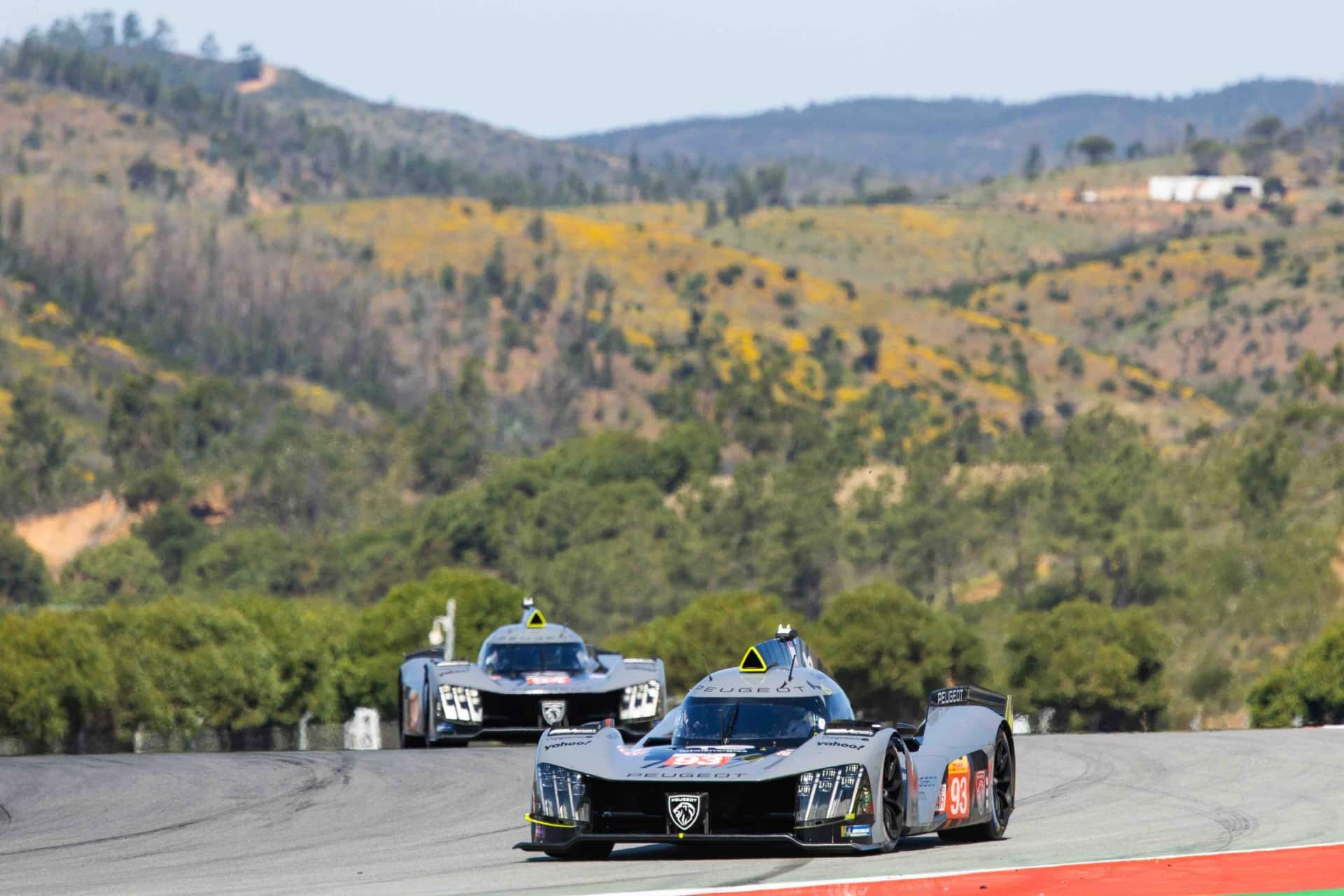
15 04 2023
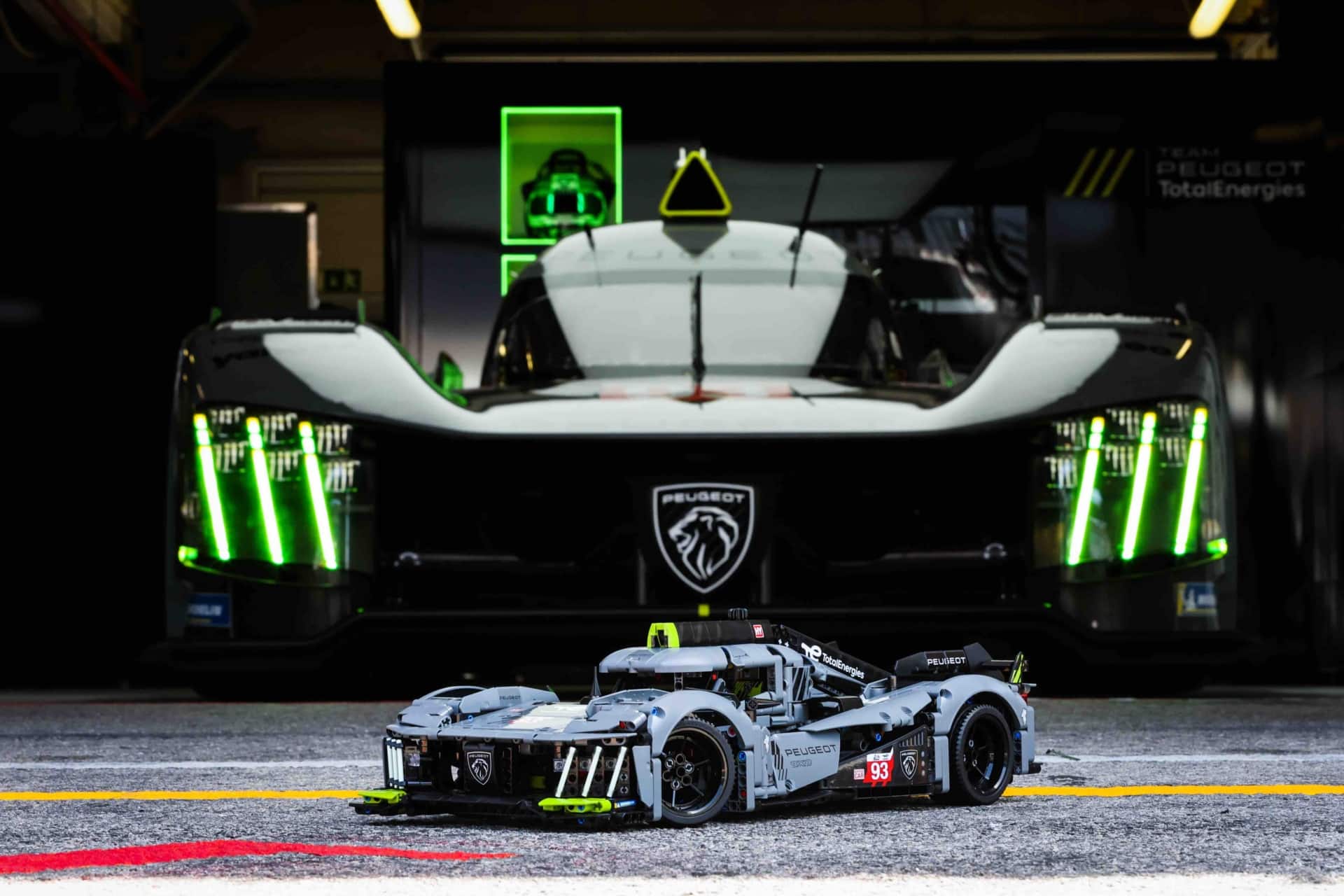
14 04 2023
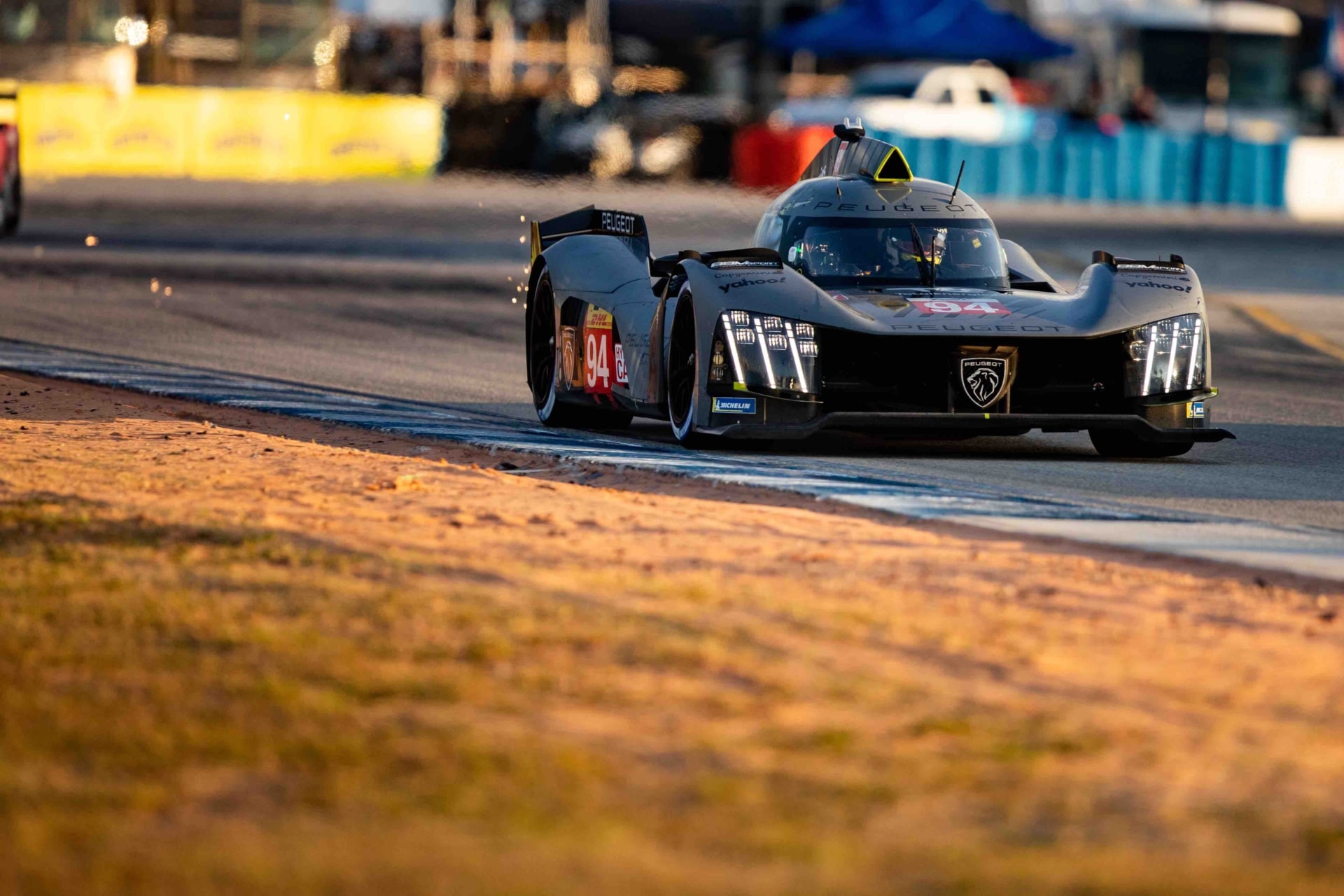
11 04 2023

18 03 2023
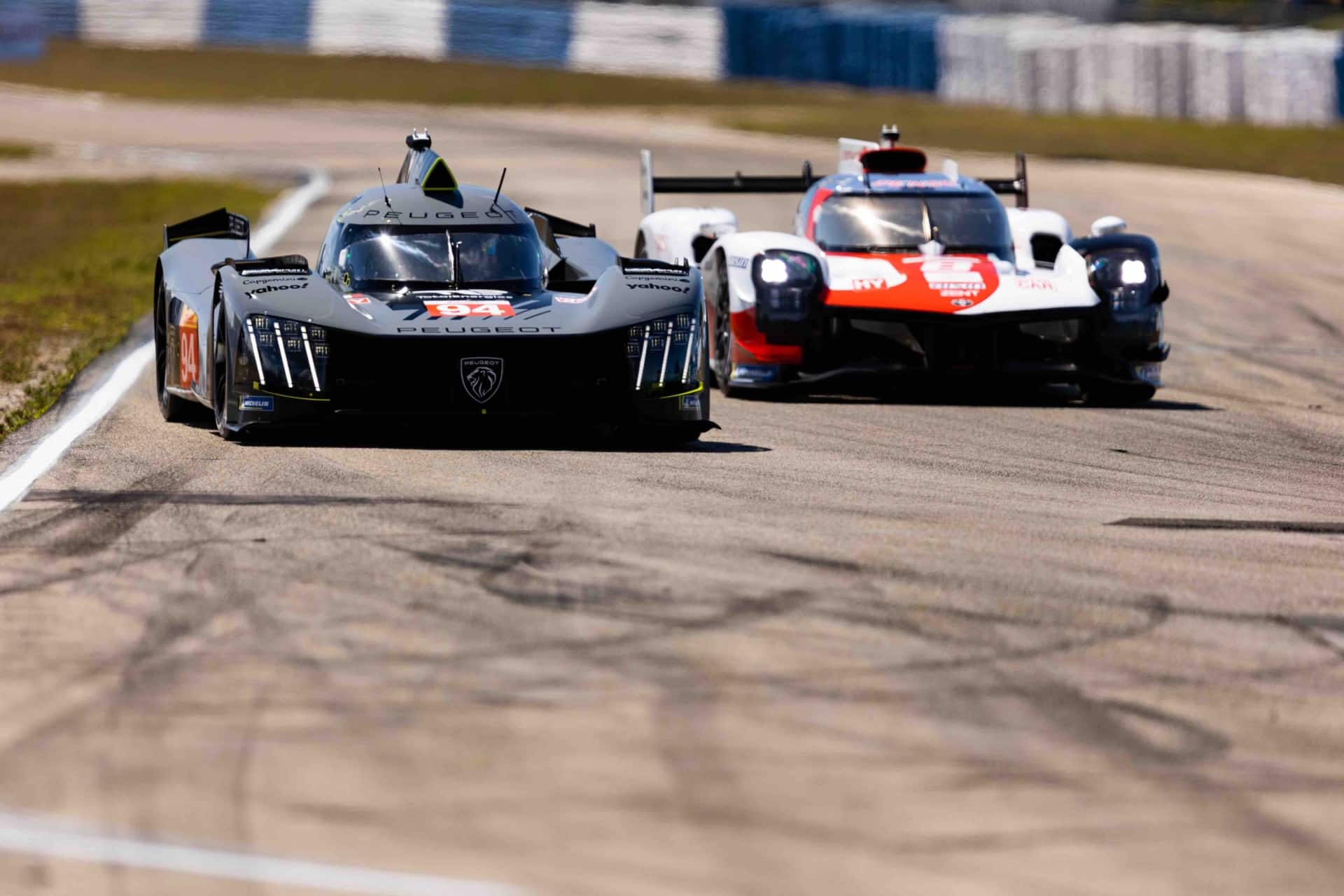
17 03 2023
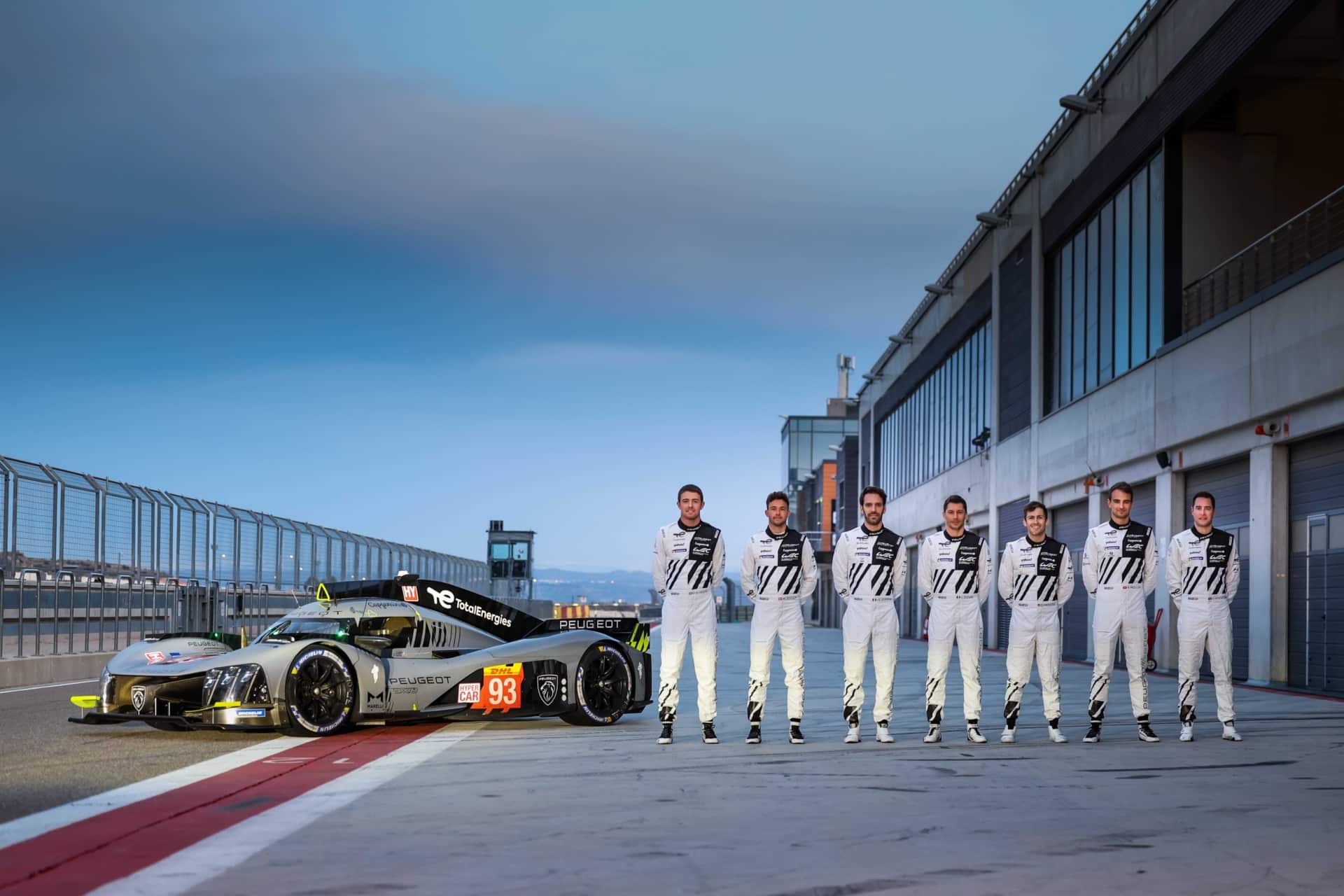
08 03 2023
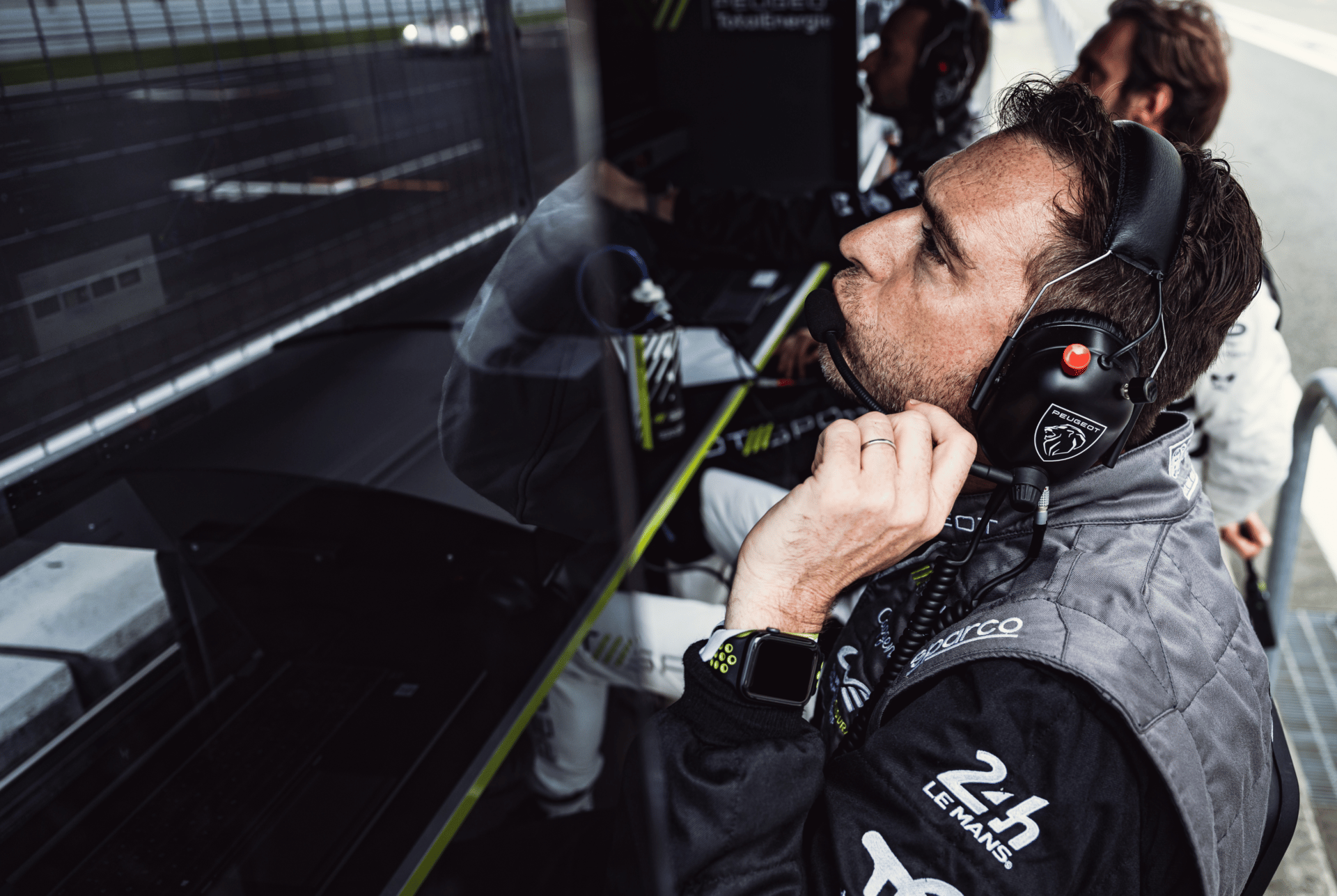
20 01 2023

05 01 2023

16 12 2022

08 12 2022
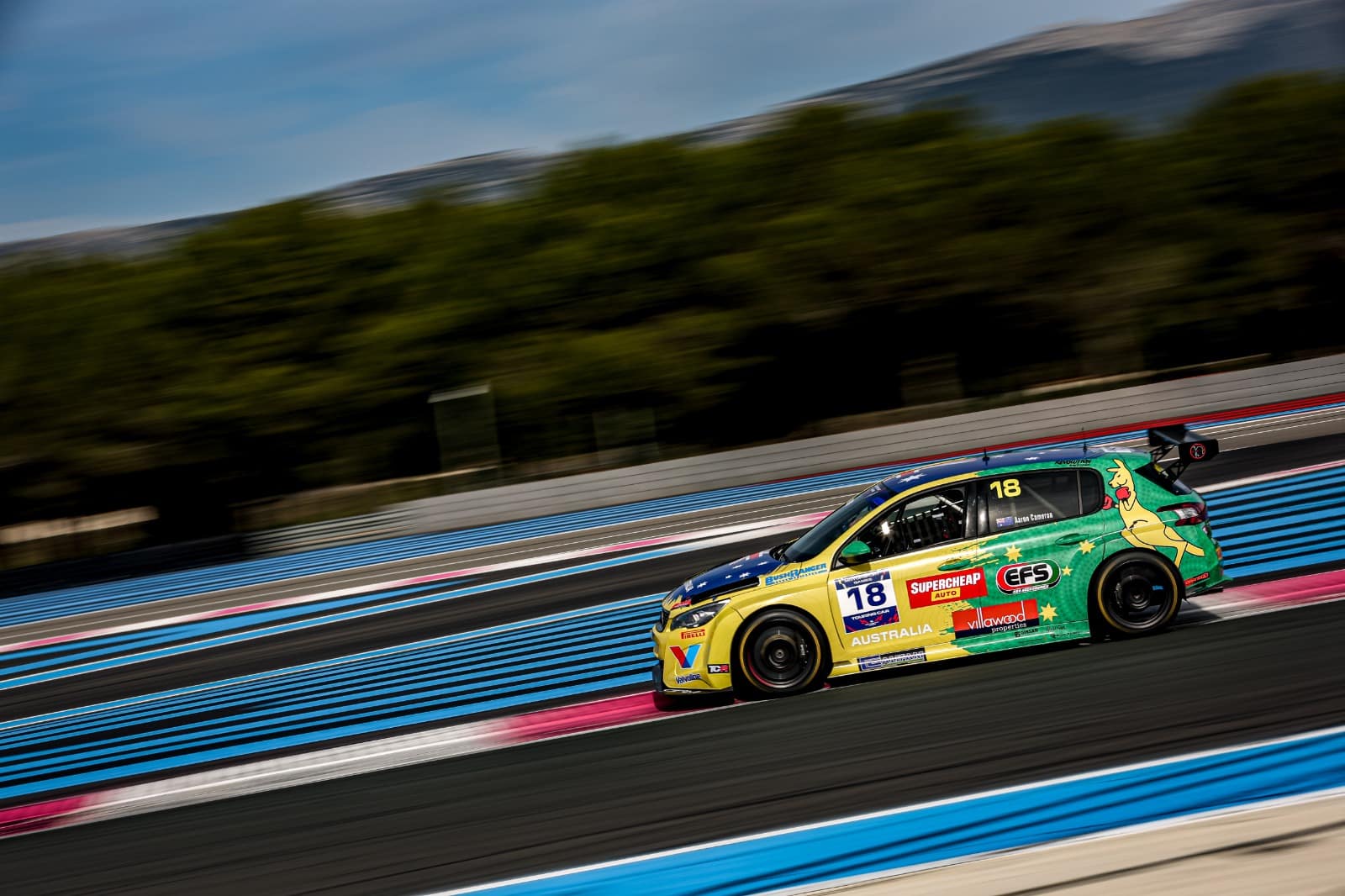
25 11 2022
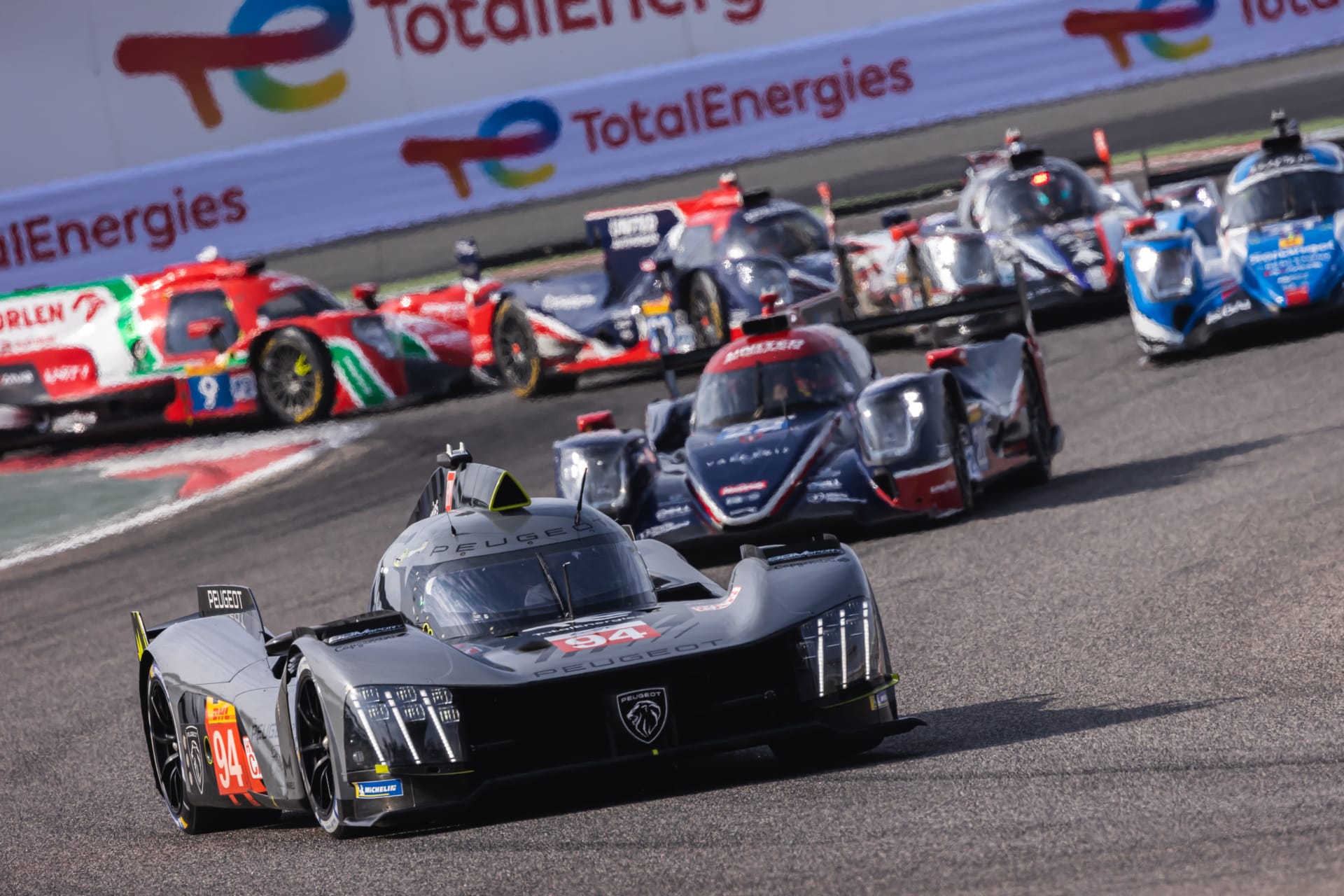
13 11 2022
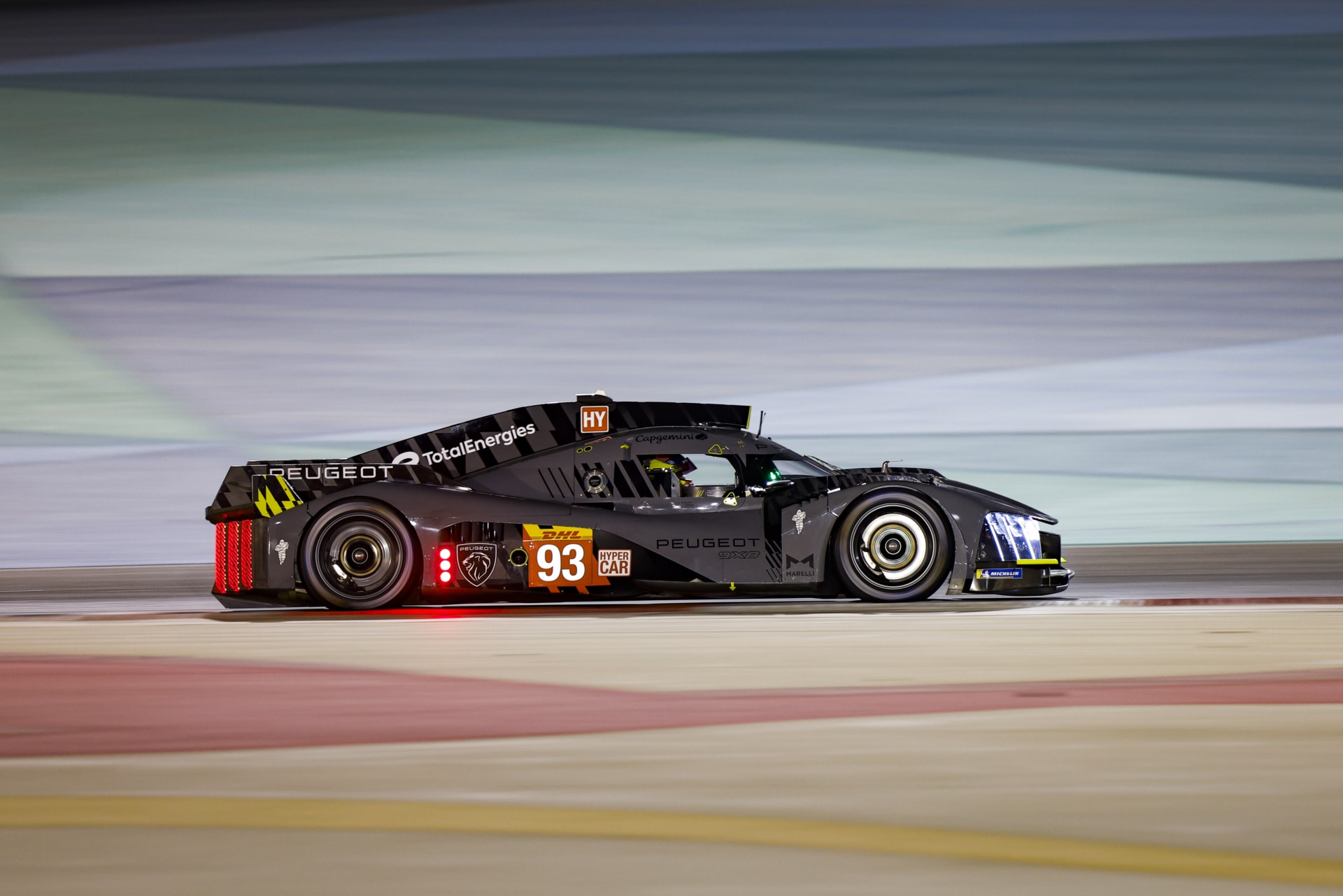
11 11 2022

07 11 2022
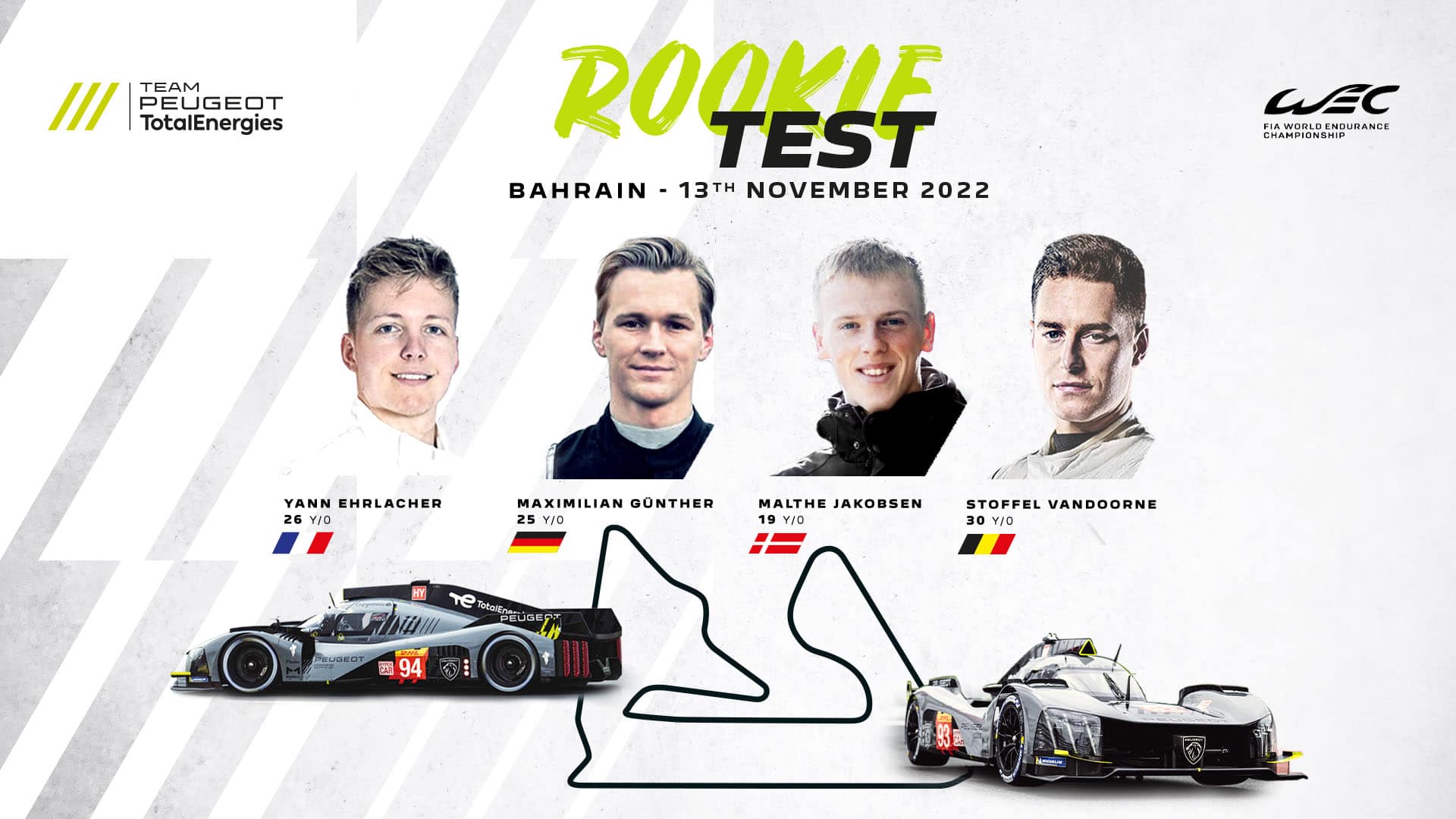
04 11 2022
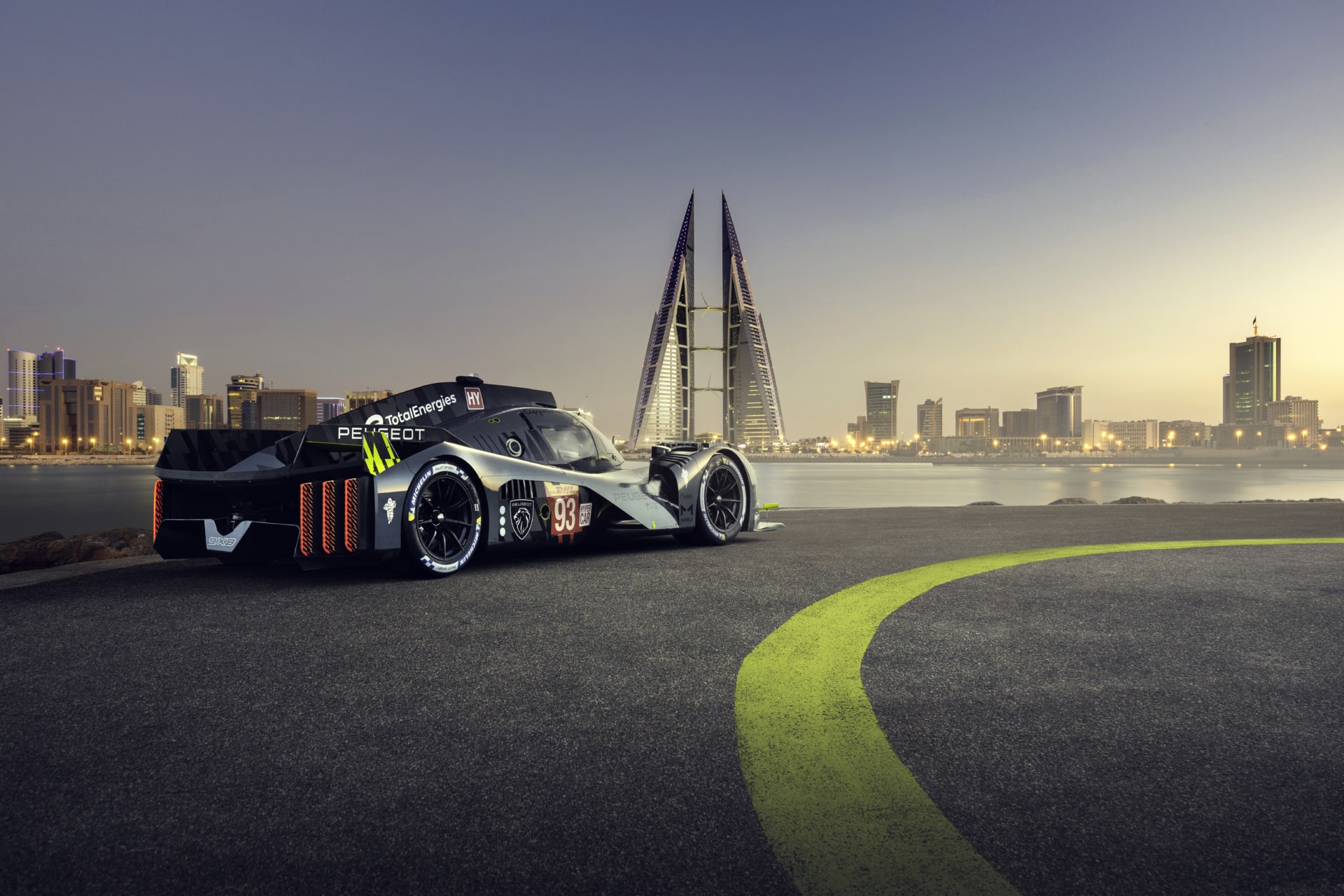
17 10 2022

10 10 2022
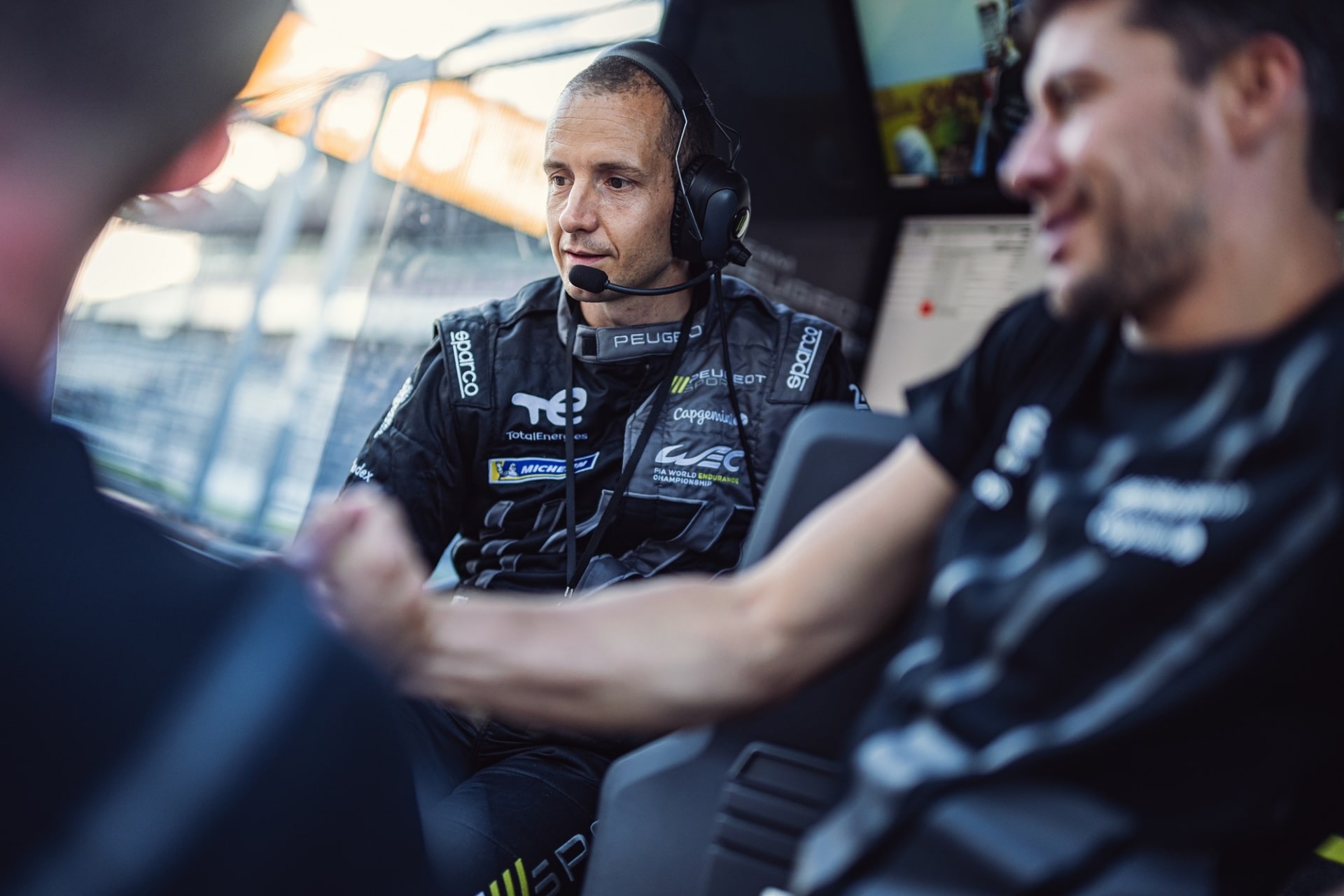
04 10 2022

23 09 2022

19 09 2022

15 09 2022

11 09 2022

10 09 2022

26 08 2022

16 08 2022

09 08 2022
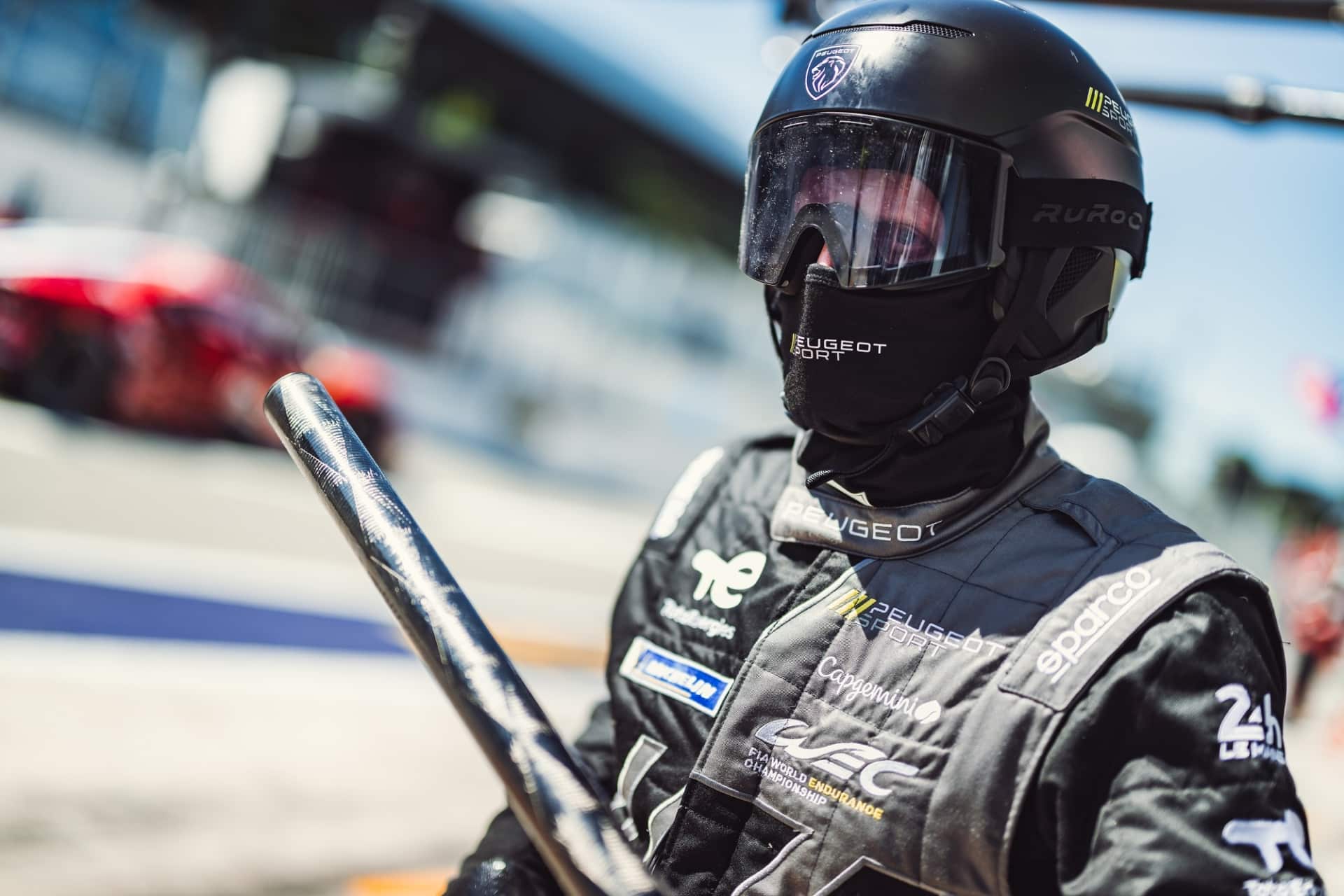
01 08 2022

25 07 2022

21 07 2022
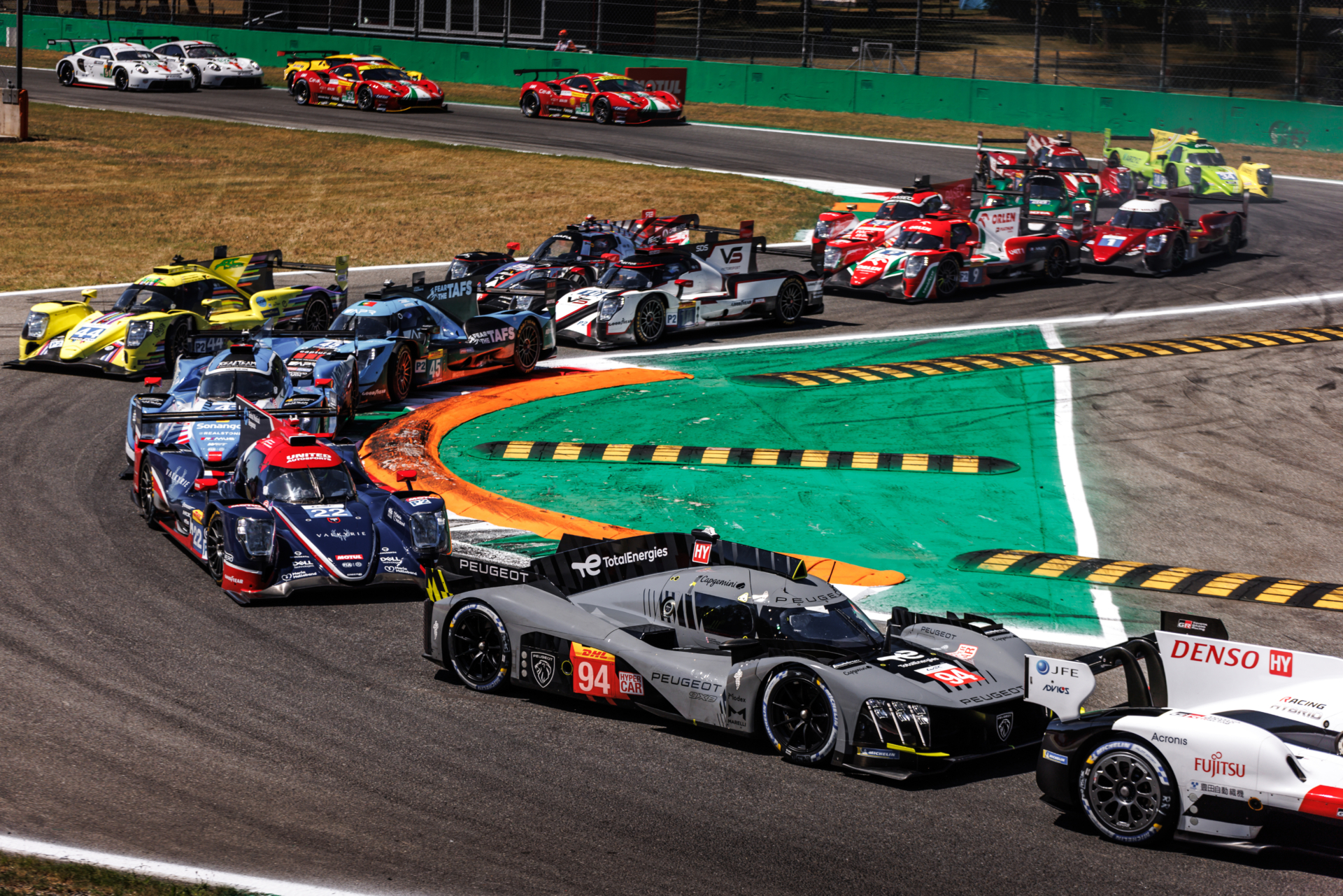
10 07 2022
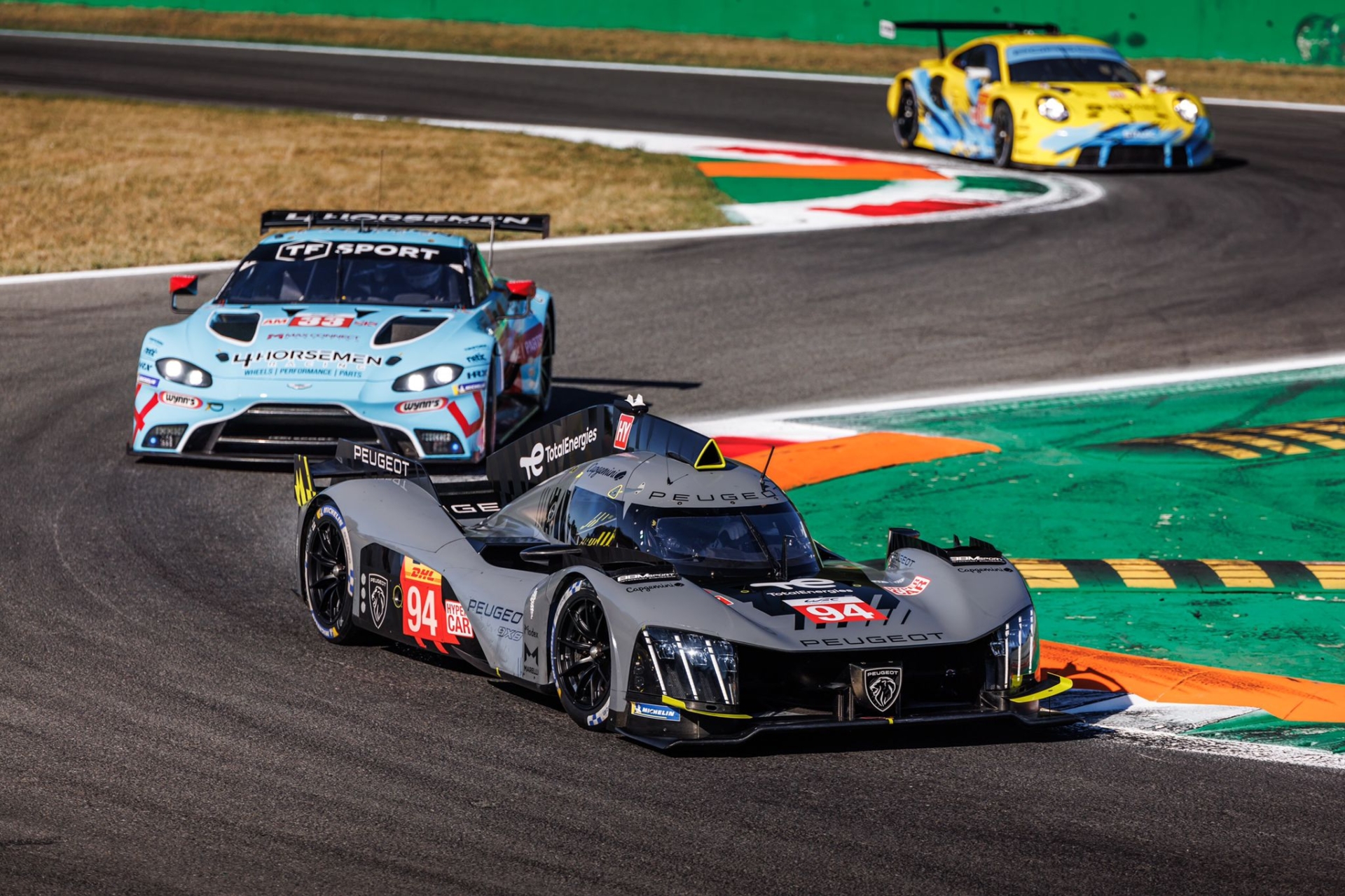
09 07 2022

04 07 2022

20 06 2022
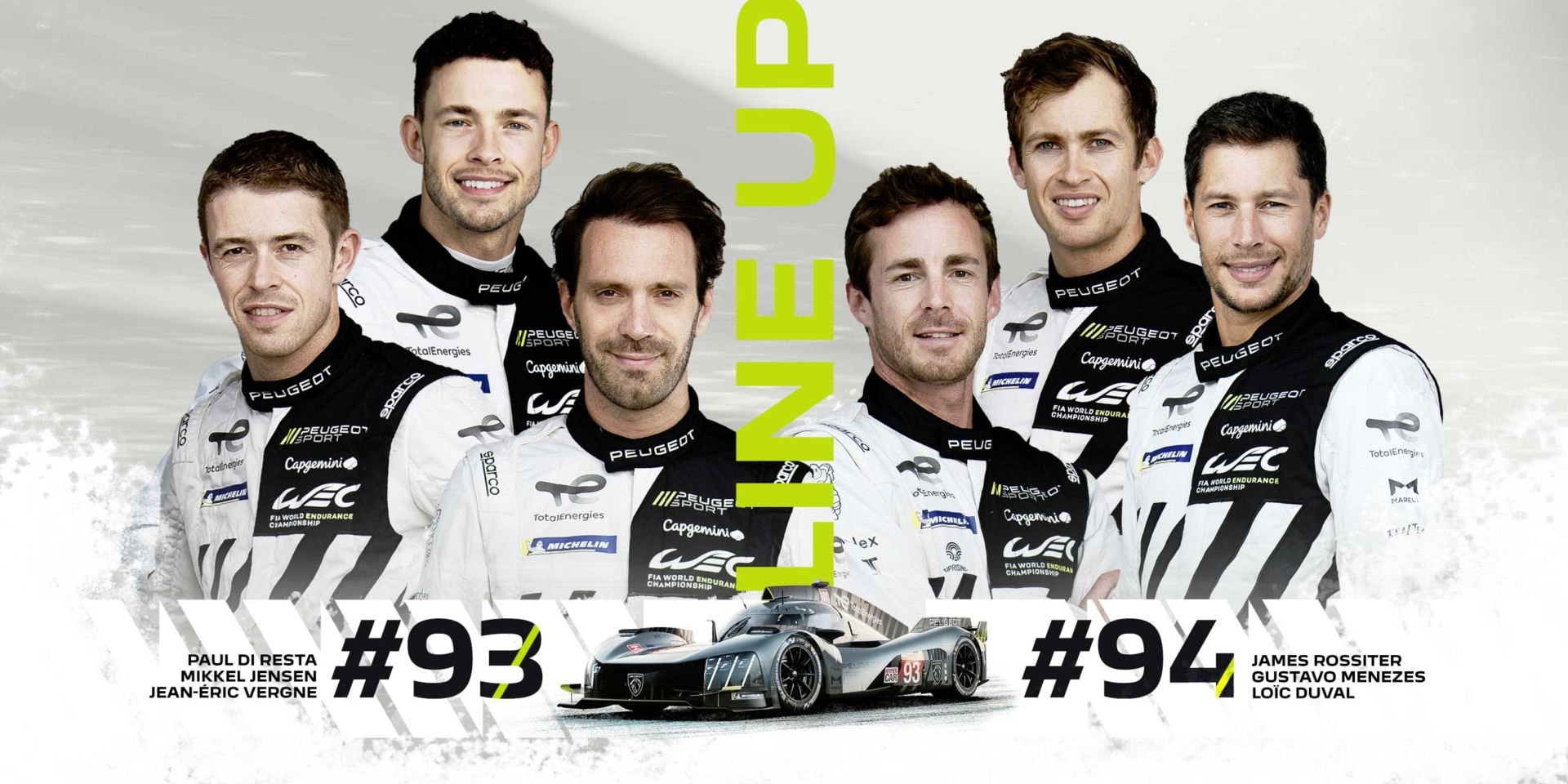
08 06 2022

23 05 2022

16 05 2022
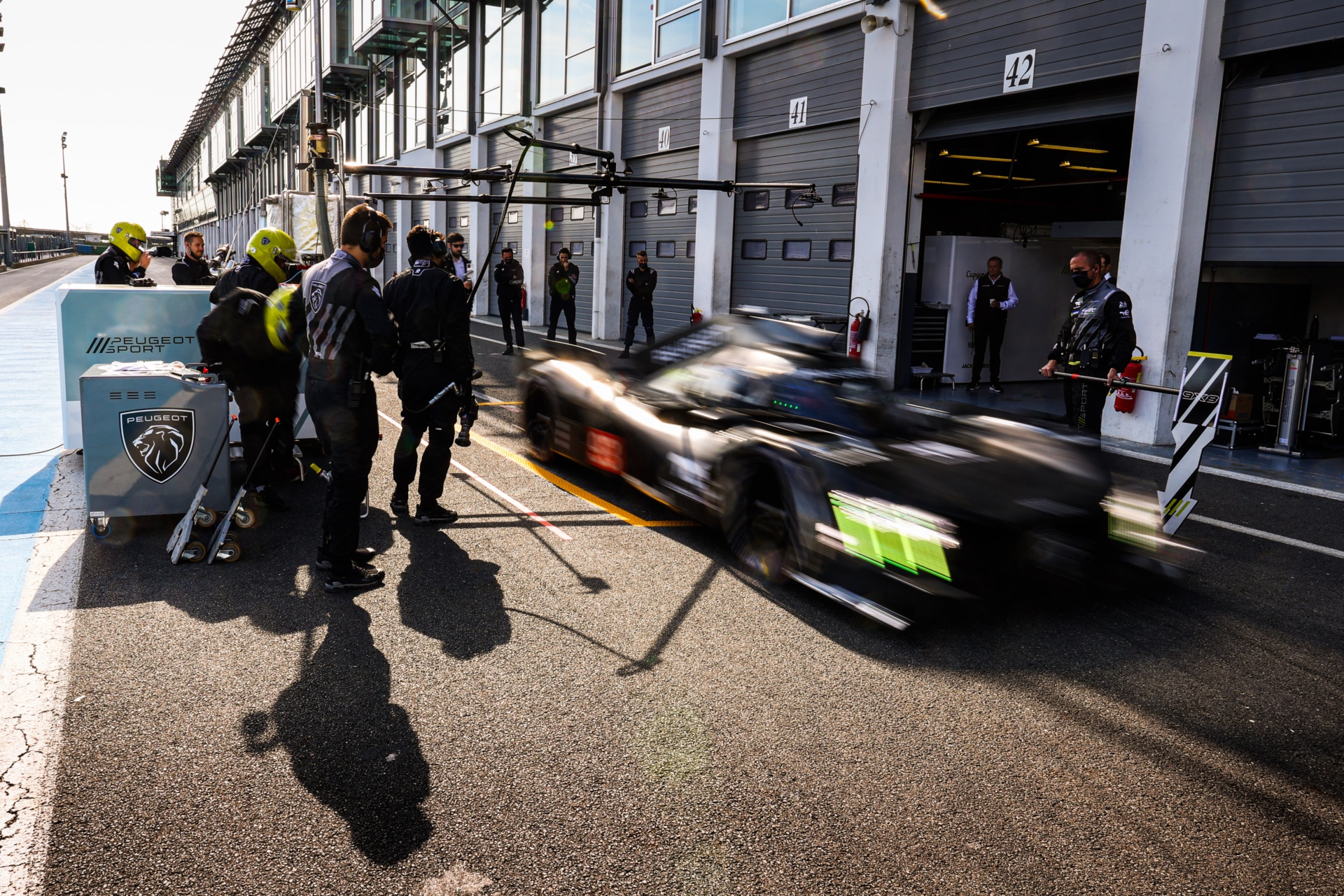
05 05 2022

06 04 2022
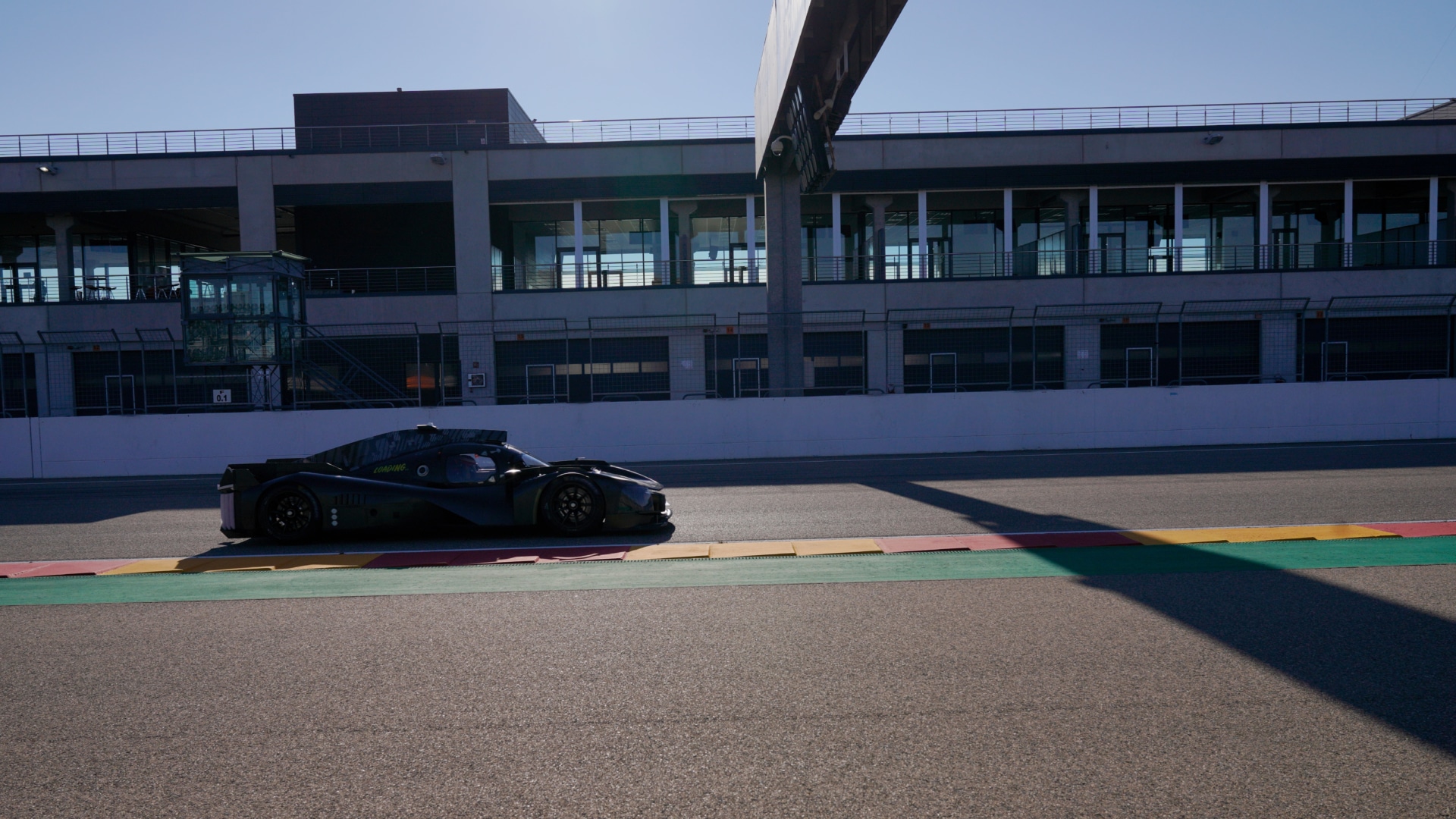
25 02 2022

21 02 2022

20 01 2022
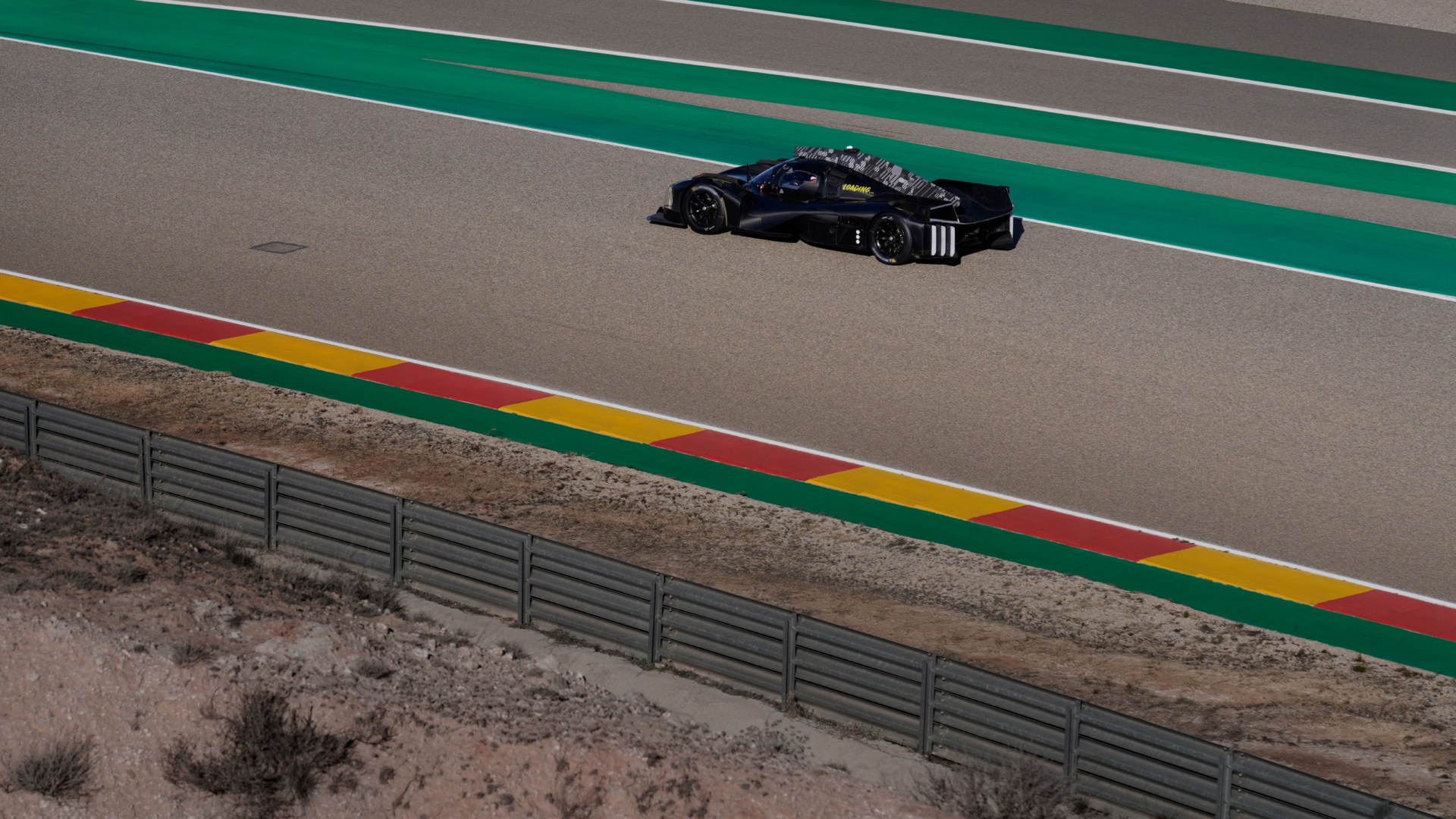
18 01 2022

12 01 2022

11 01 2022

30 11 2021

29 09 2021

06 07 2021

08 02 2021